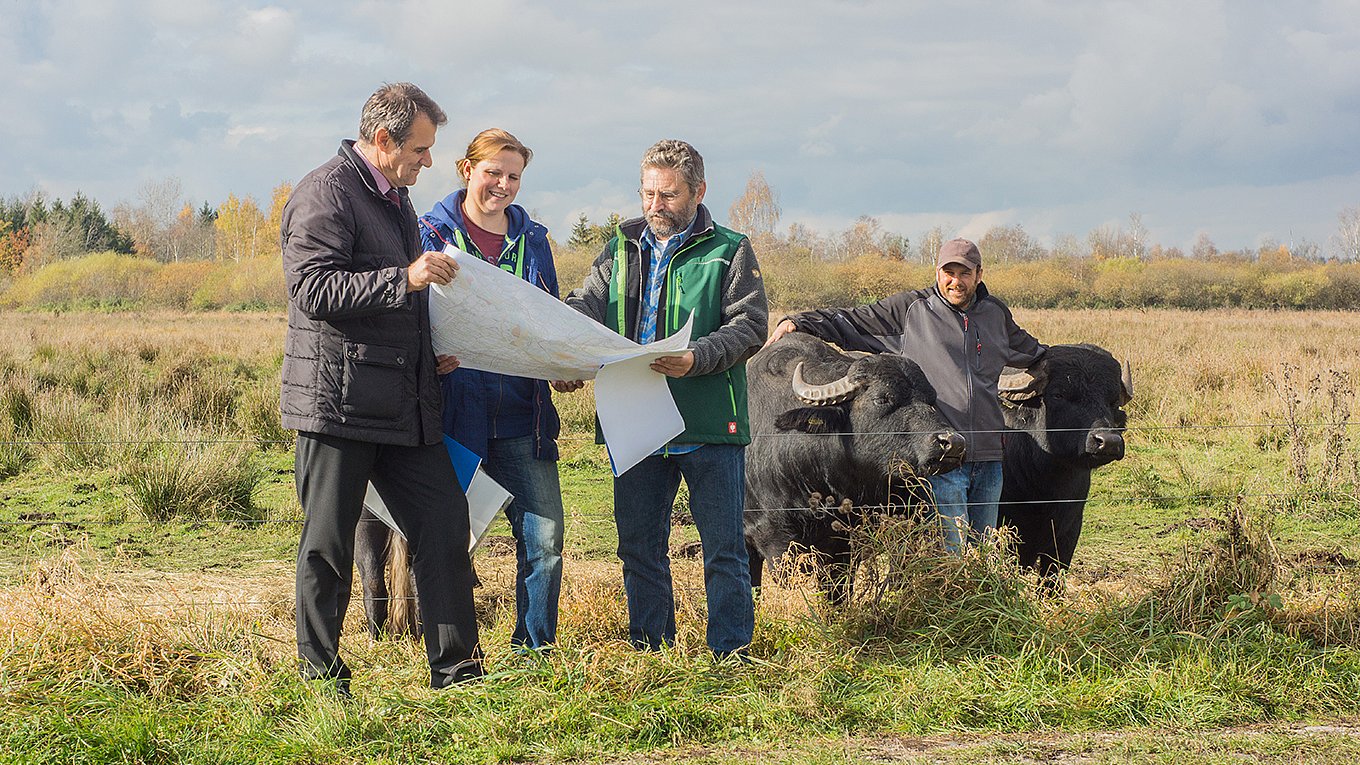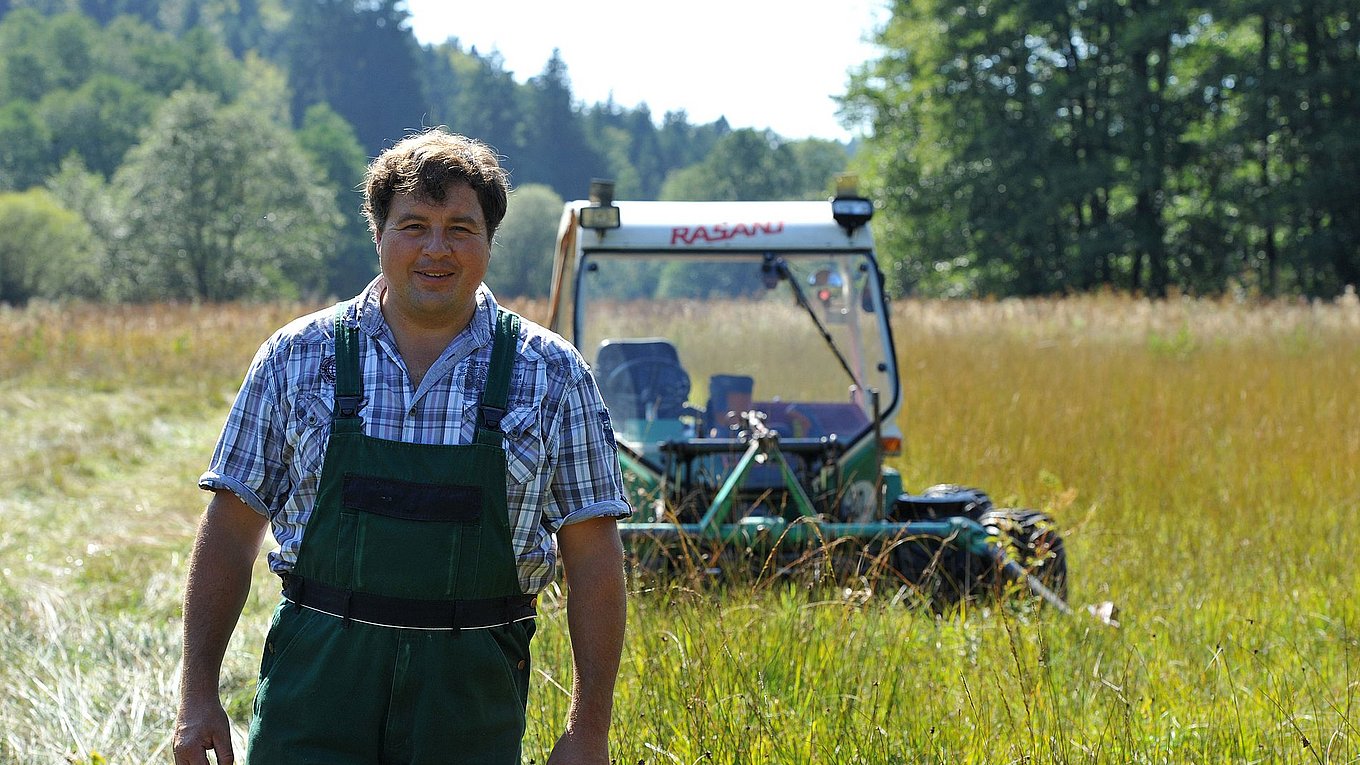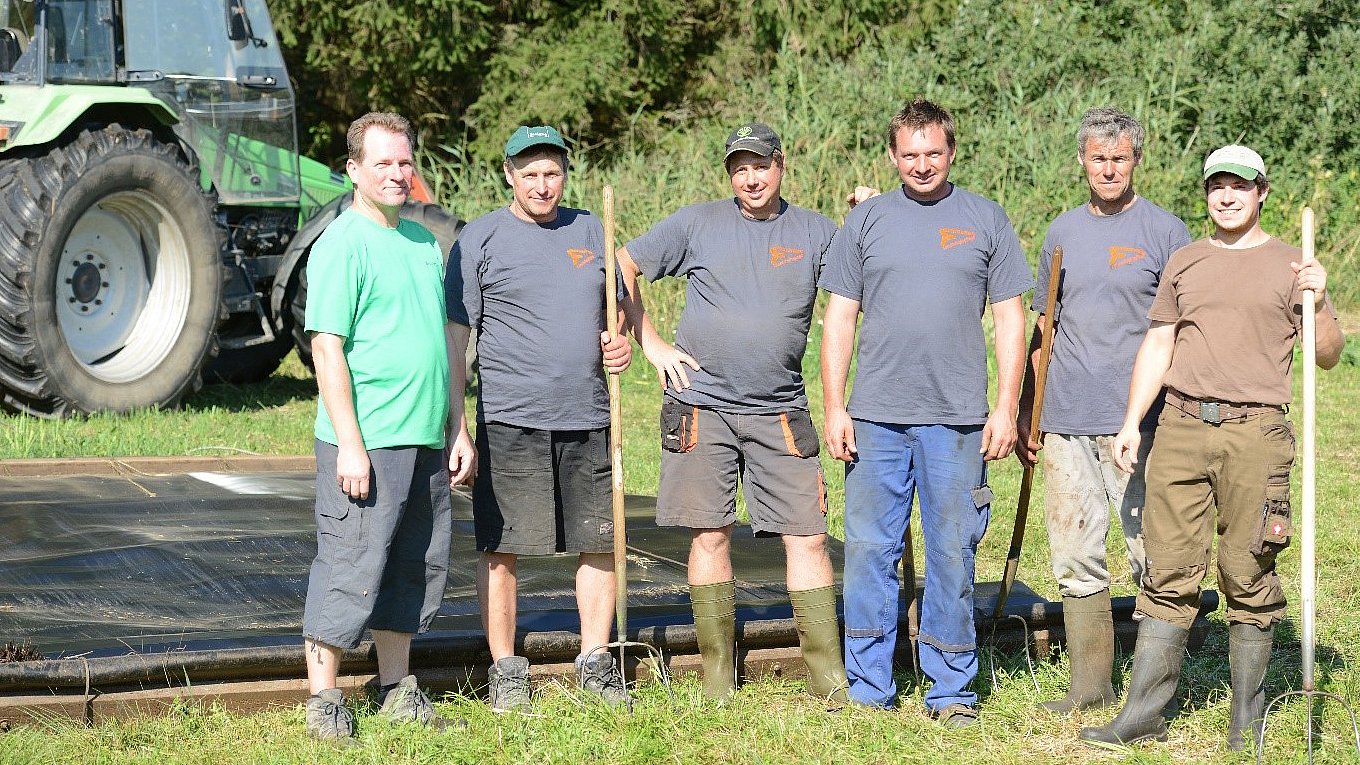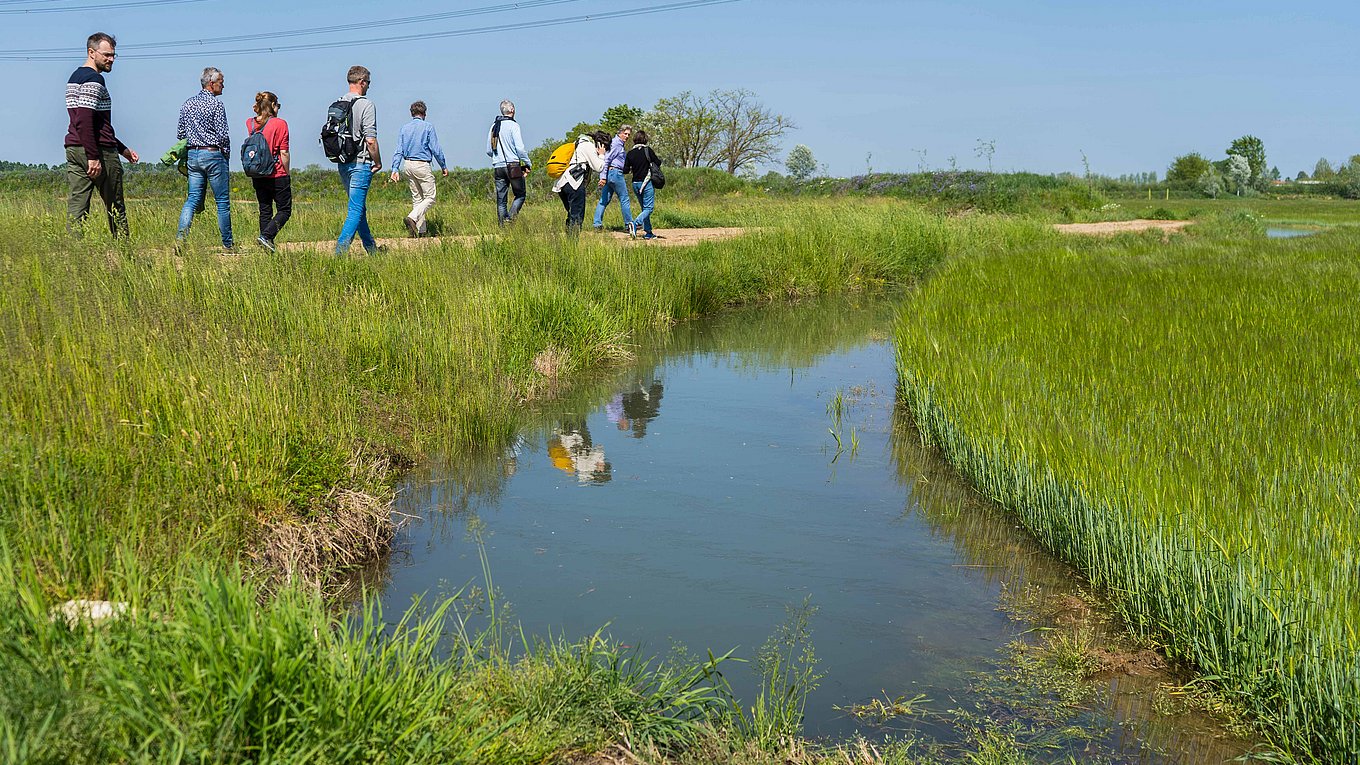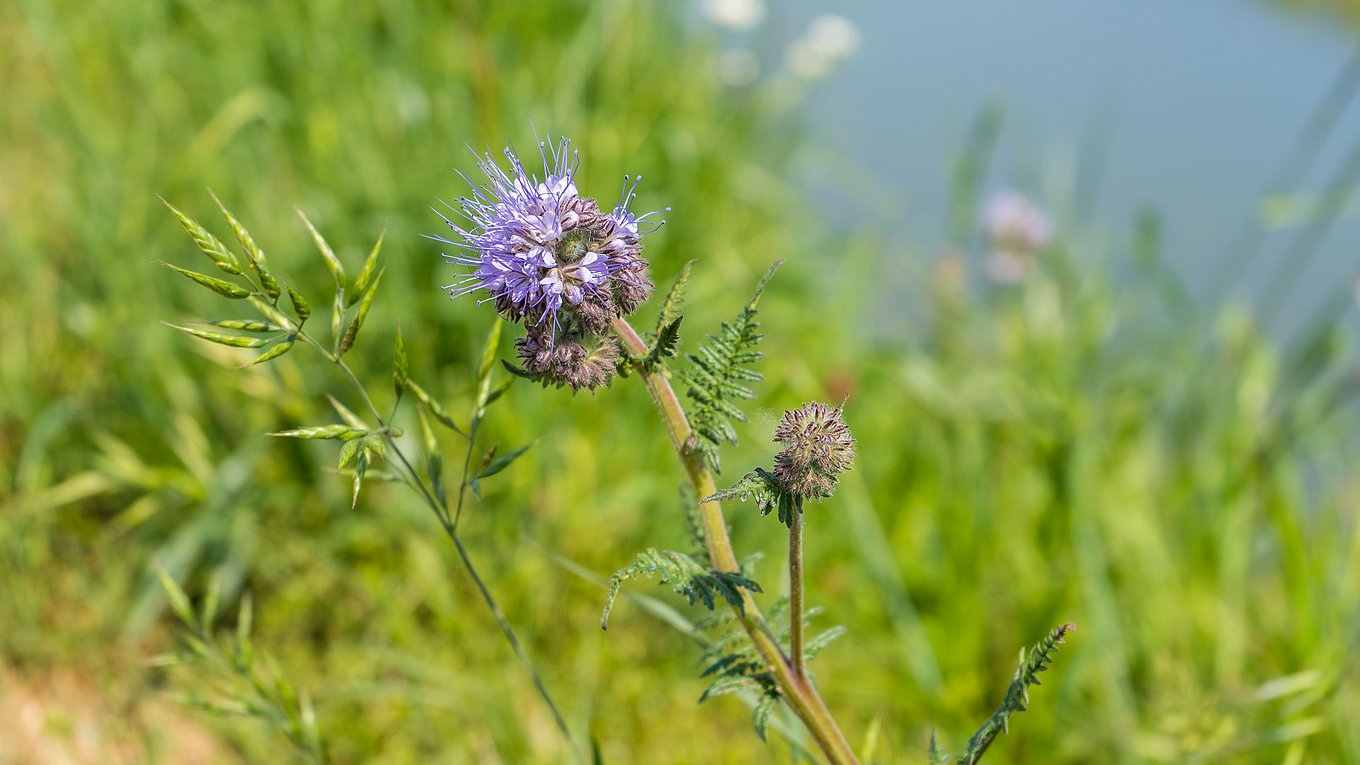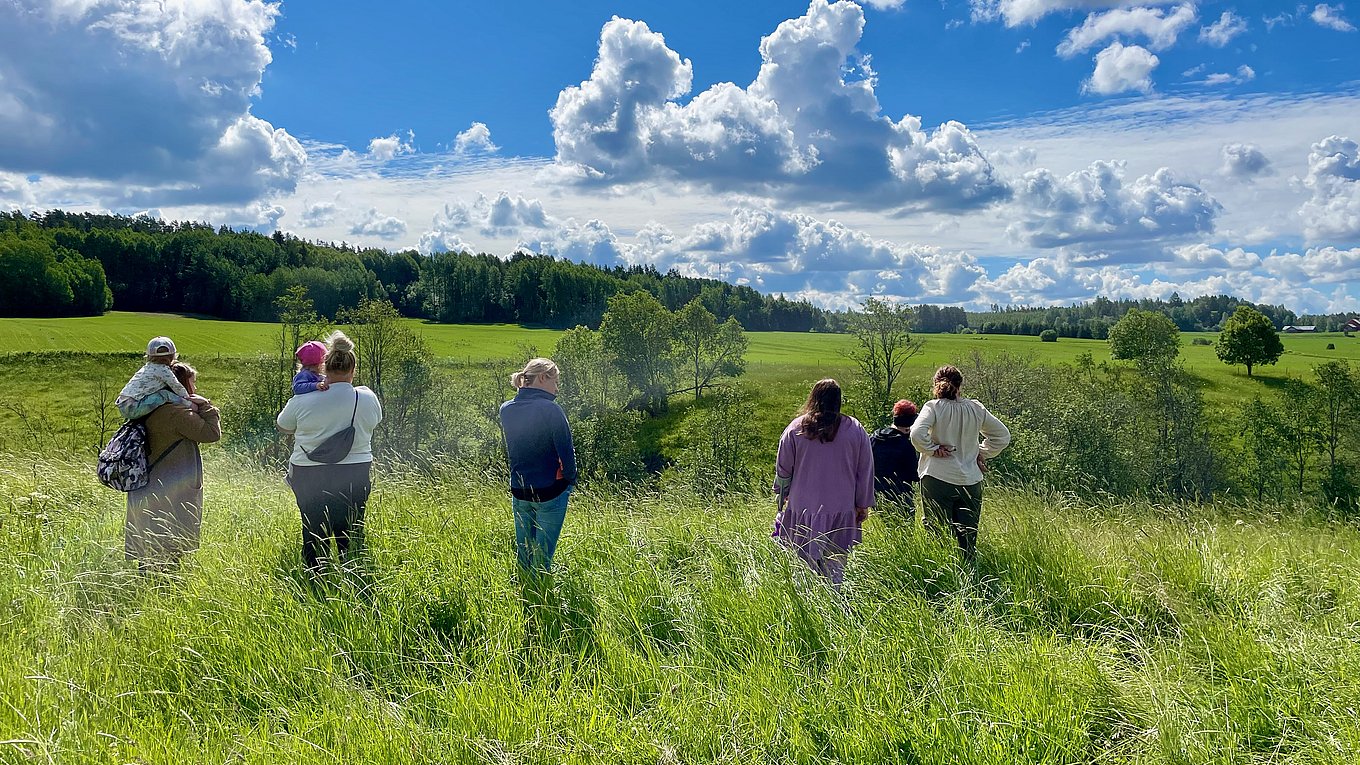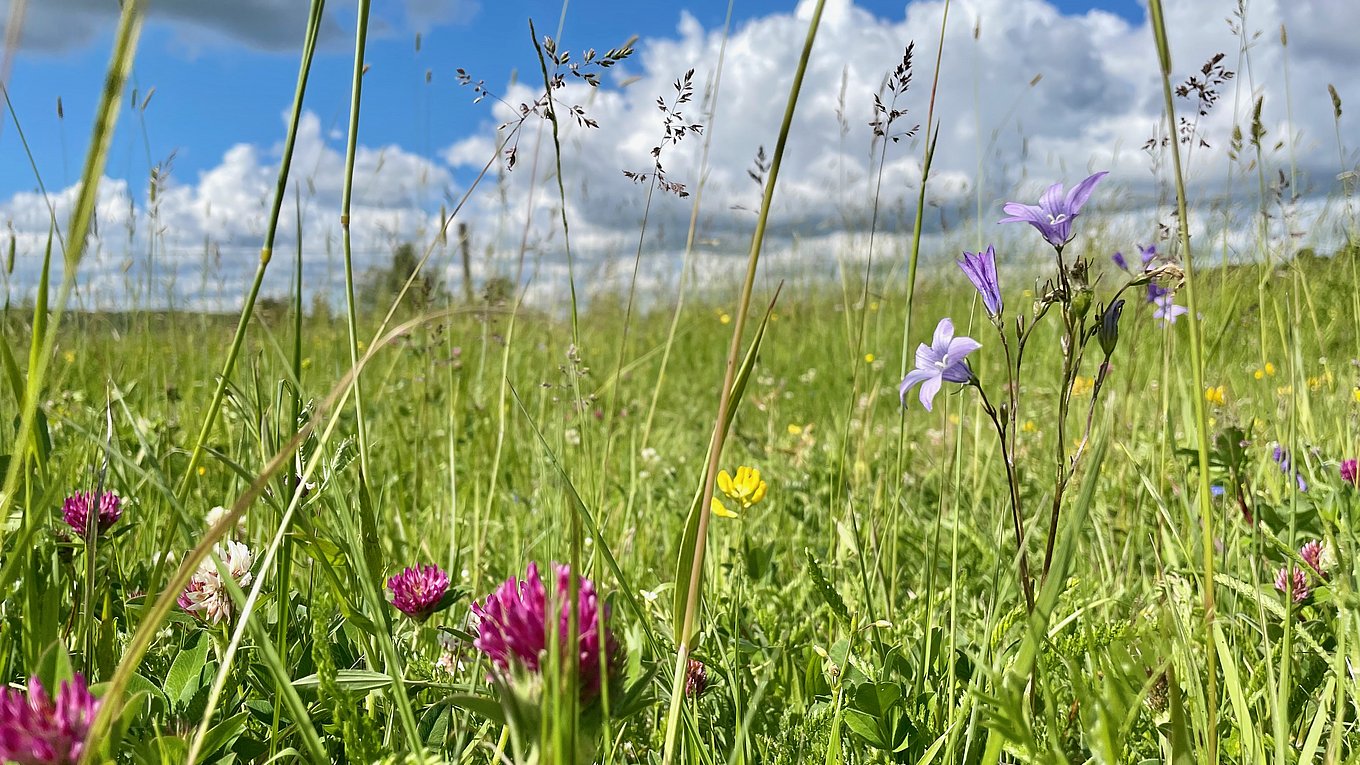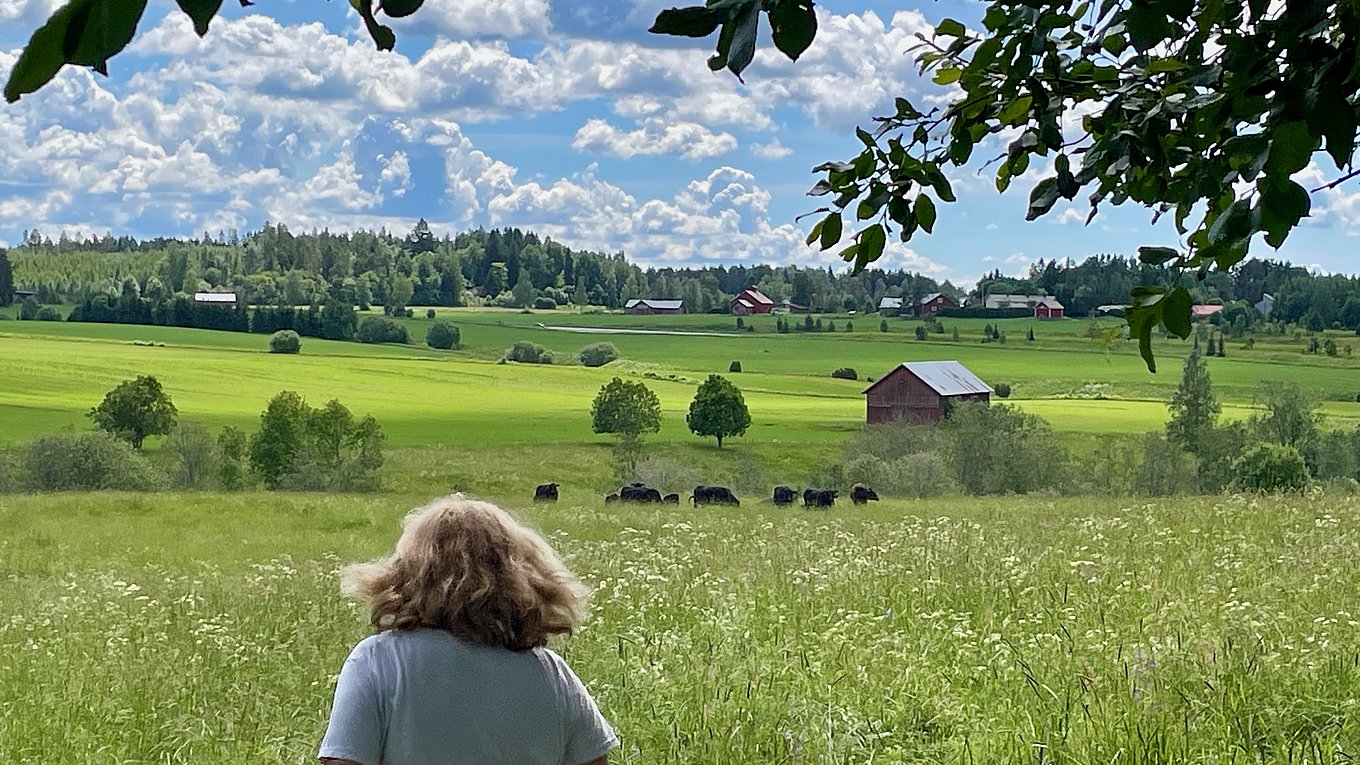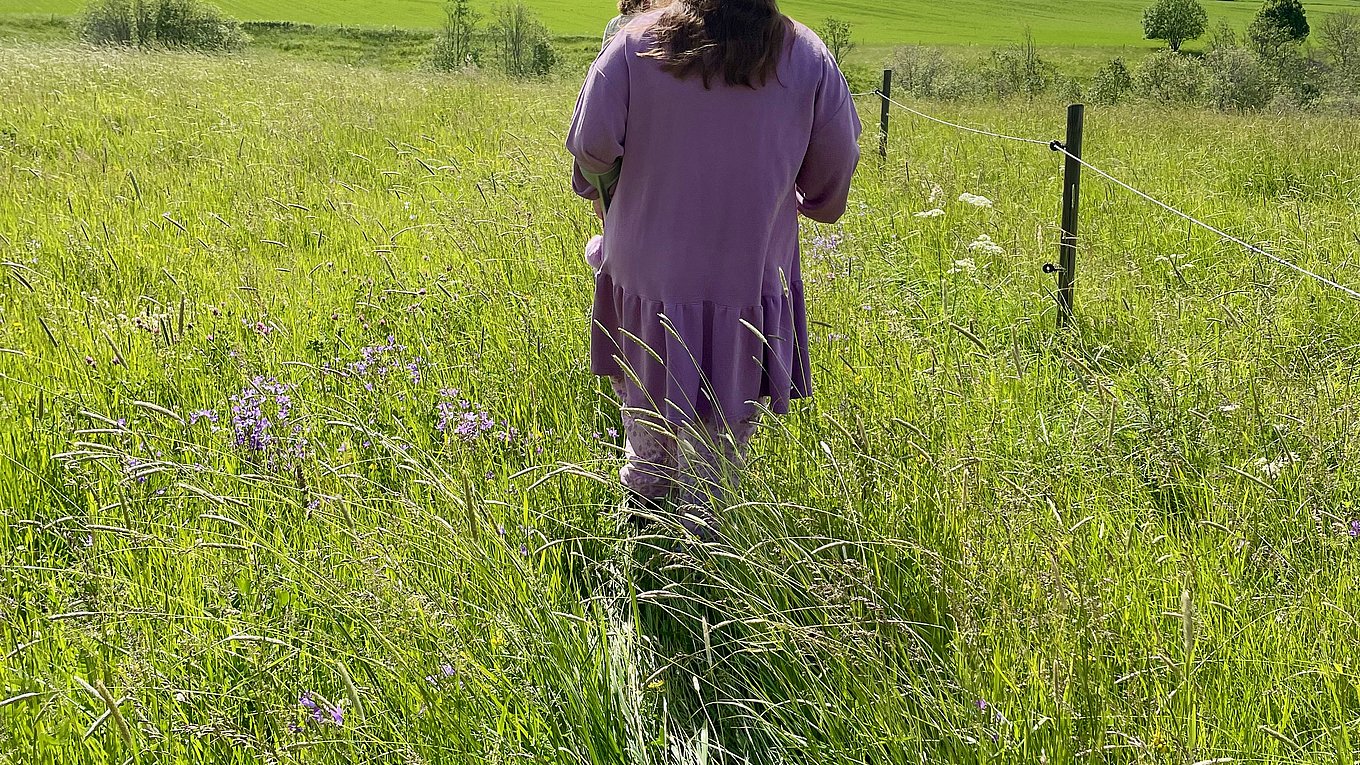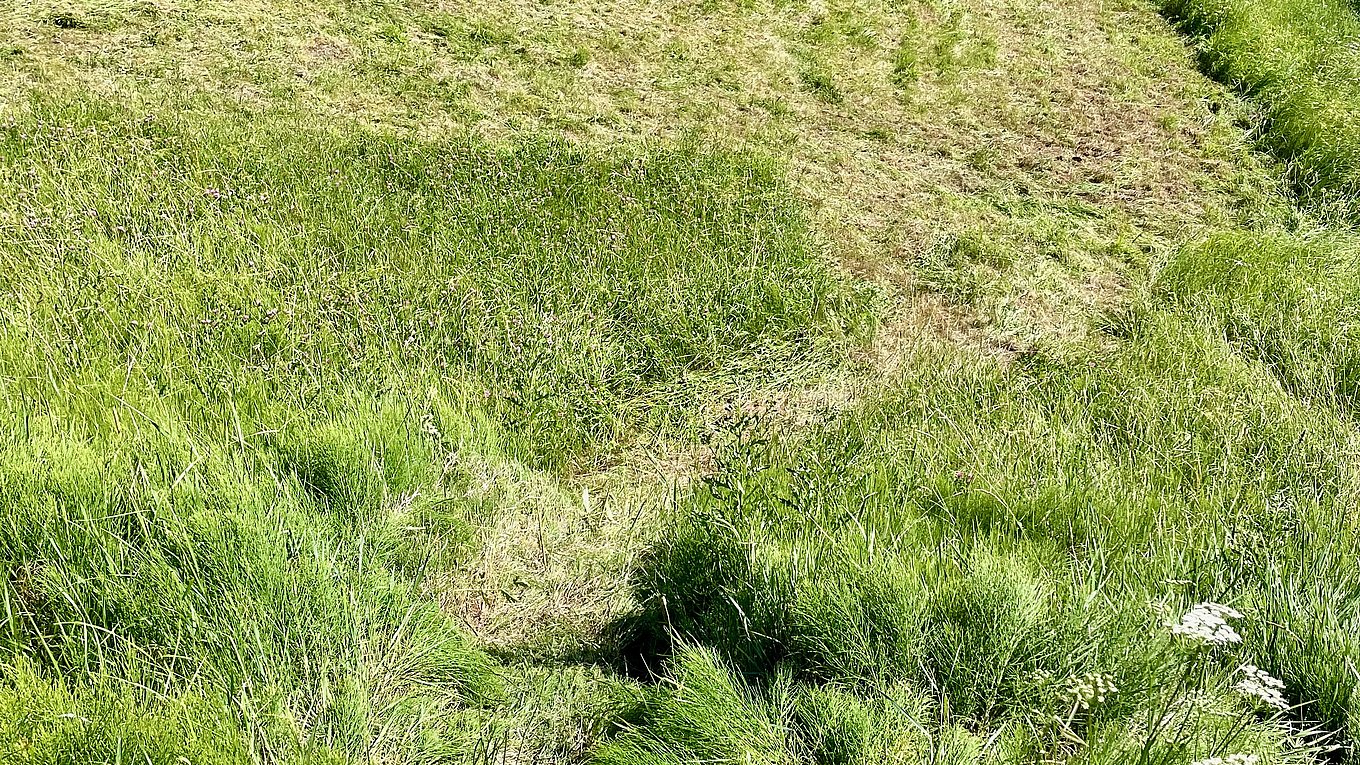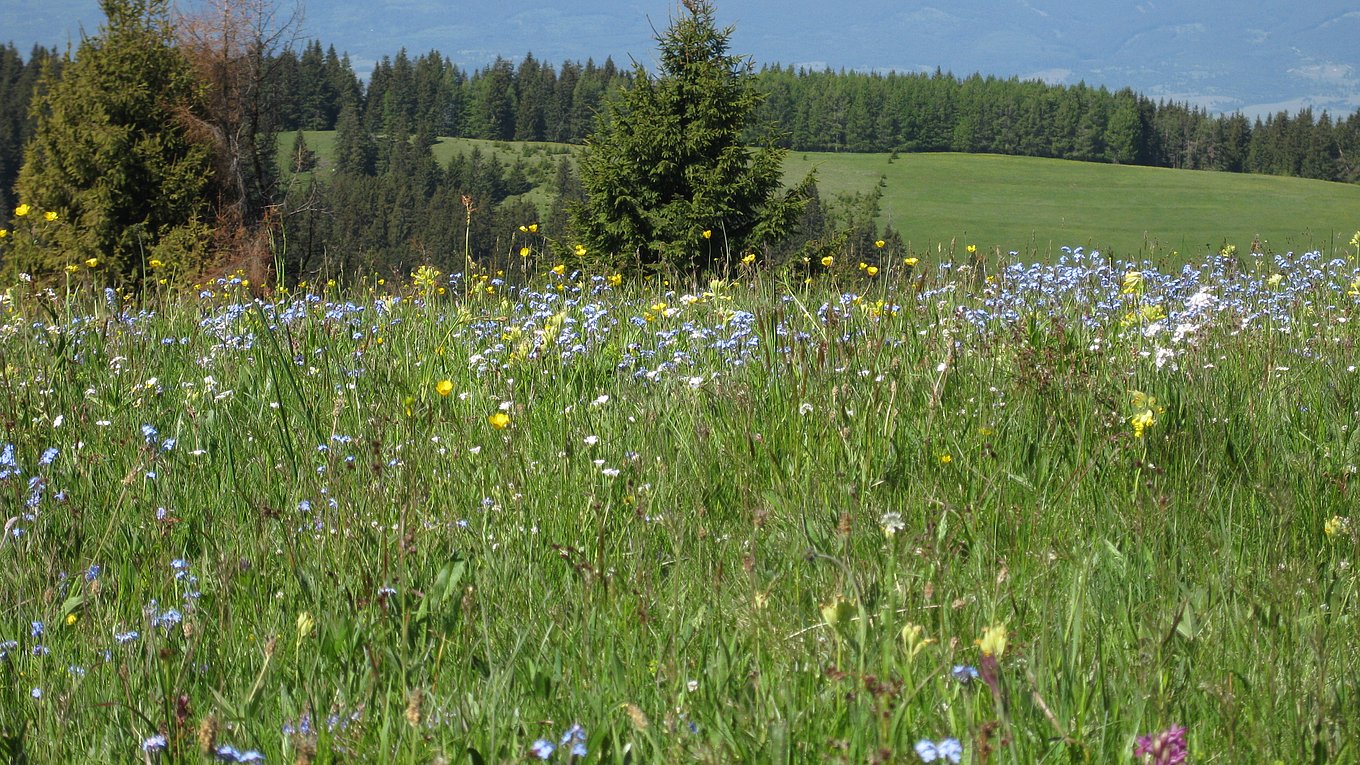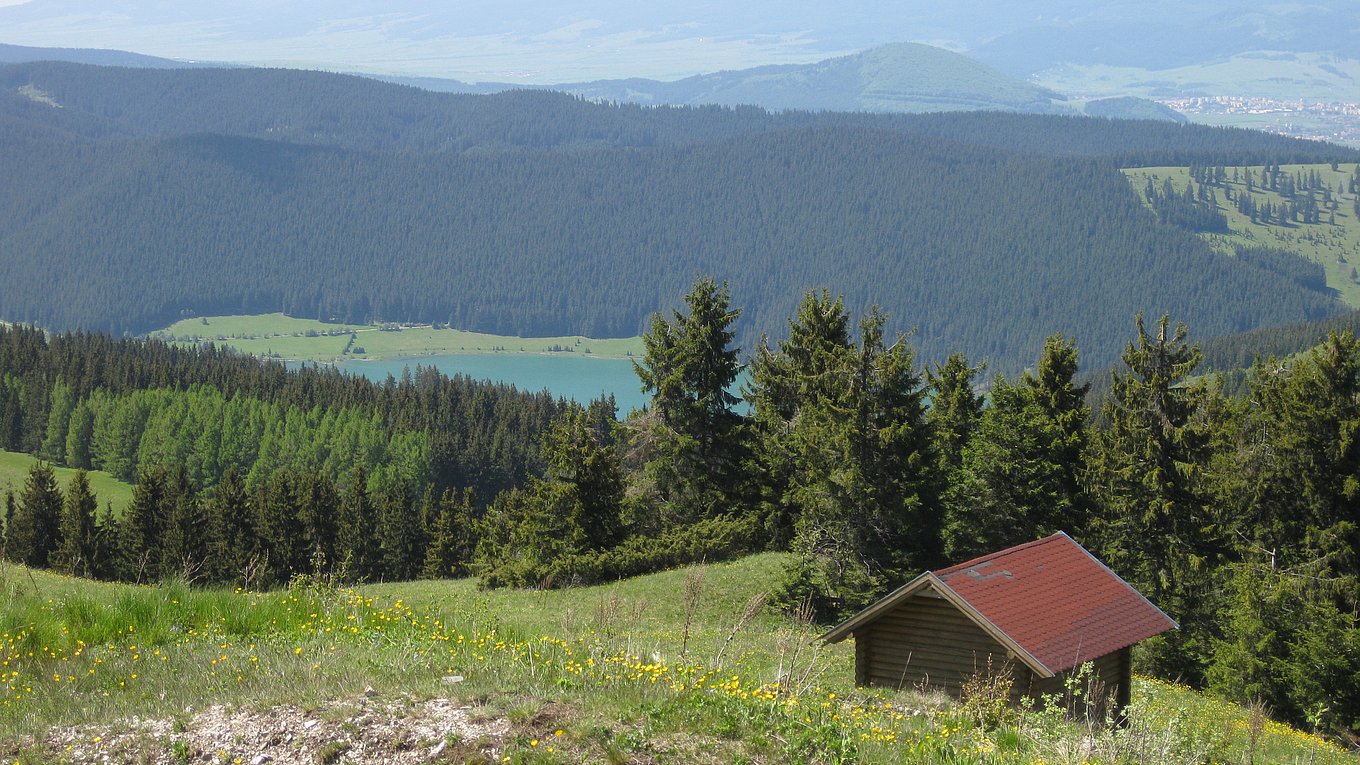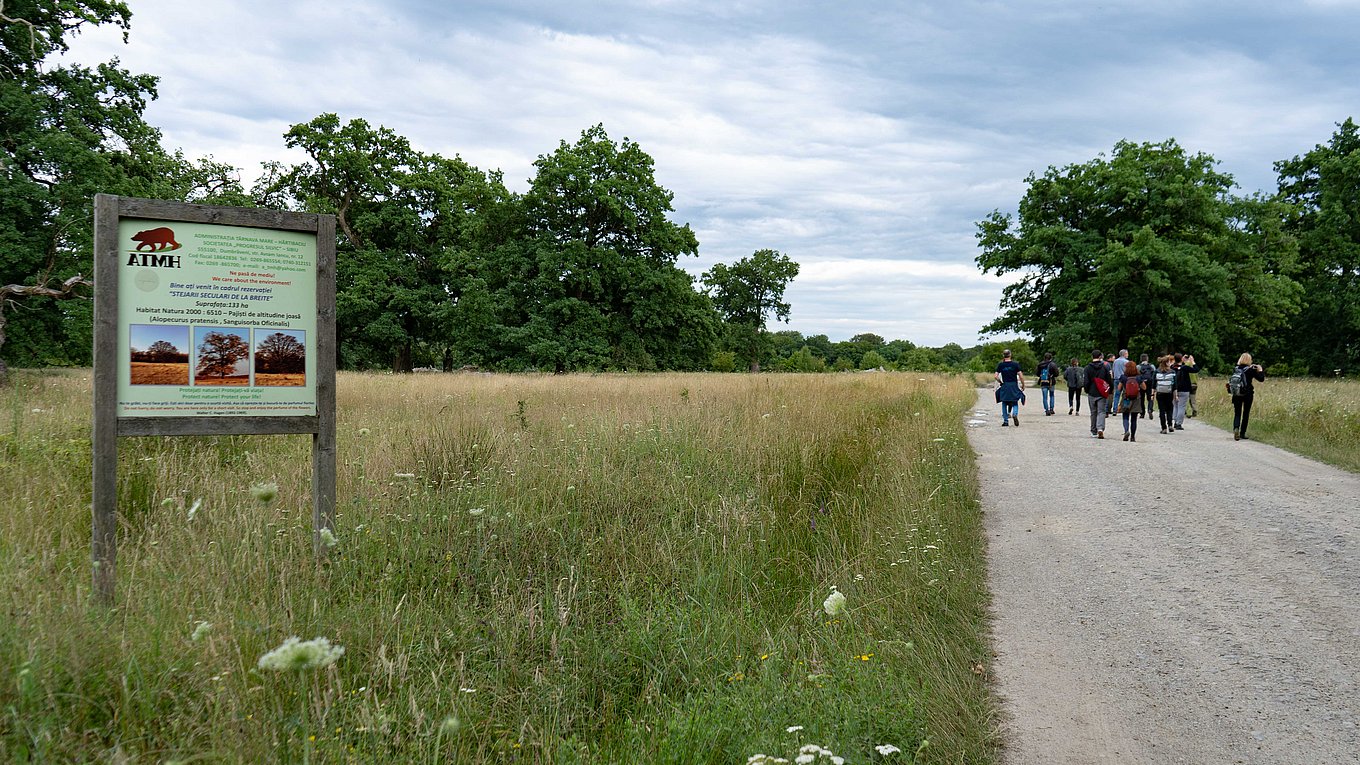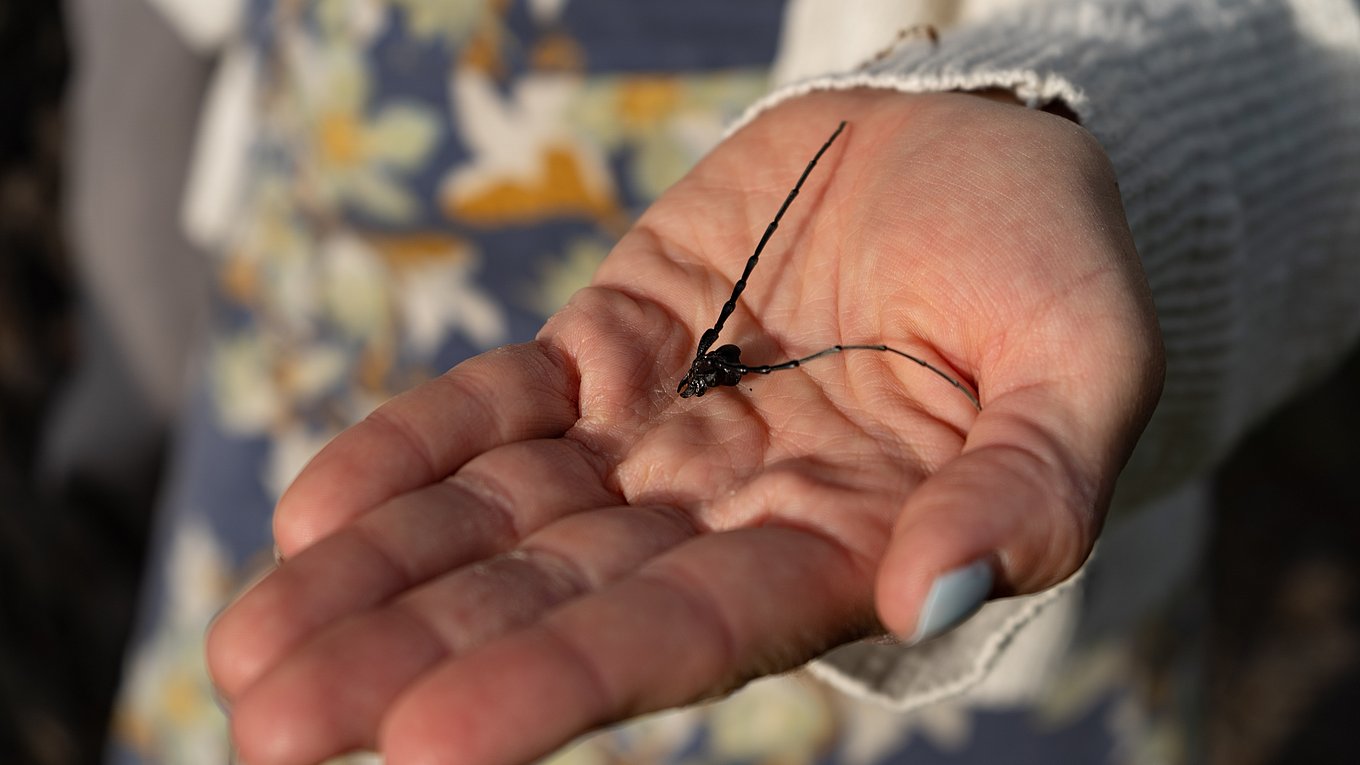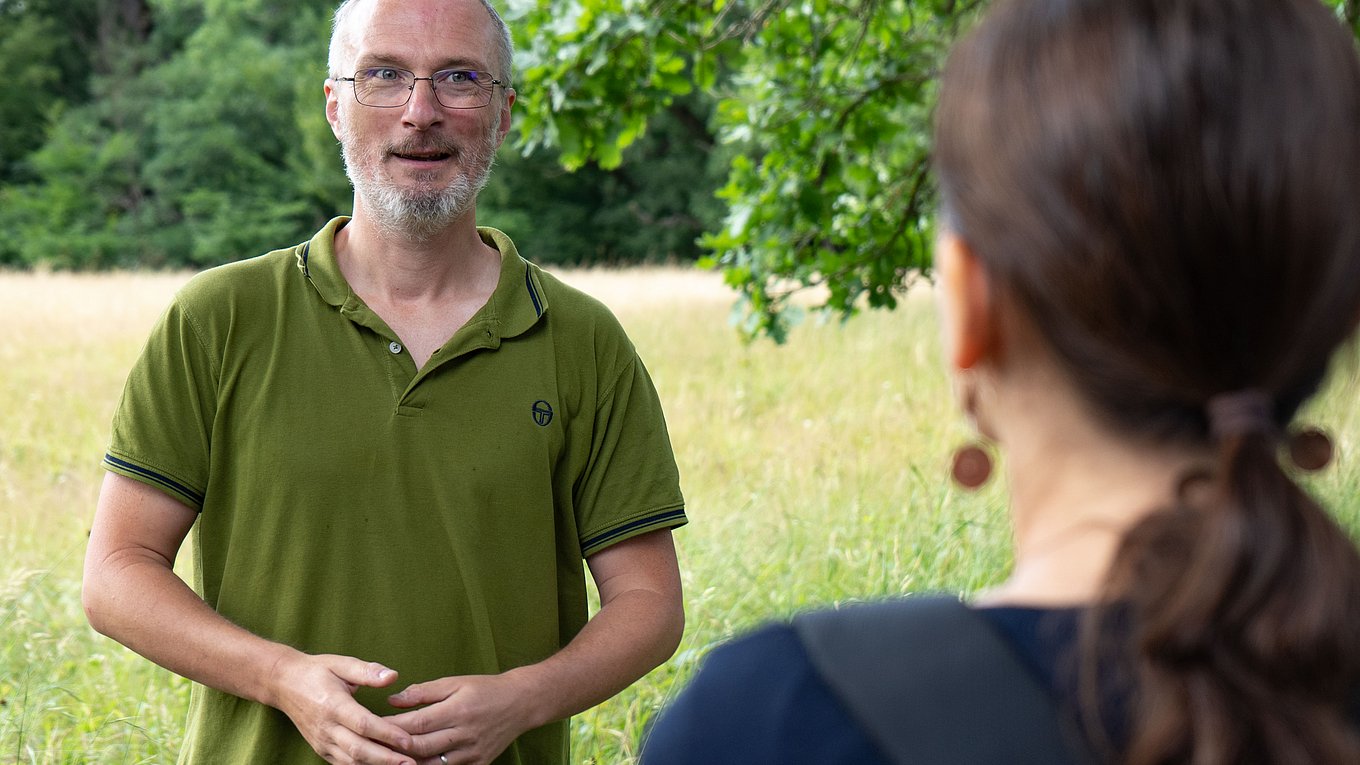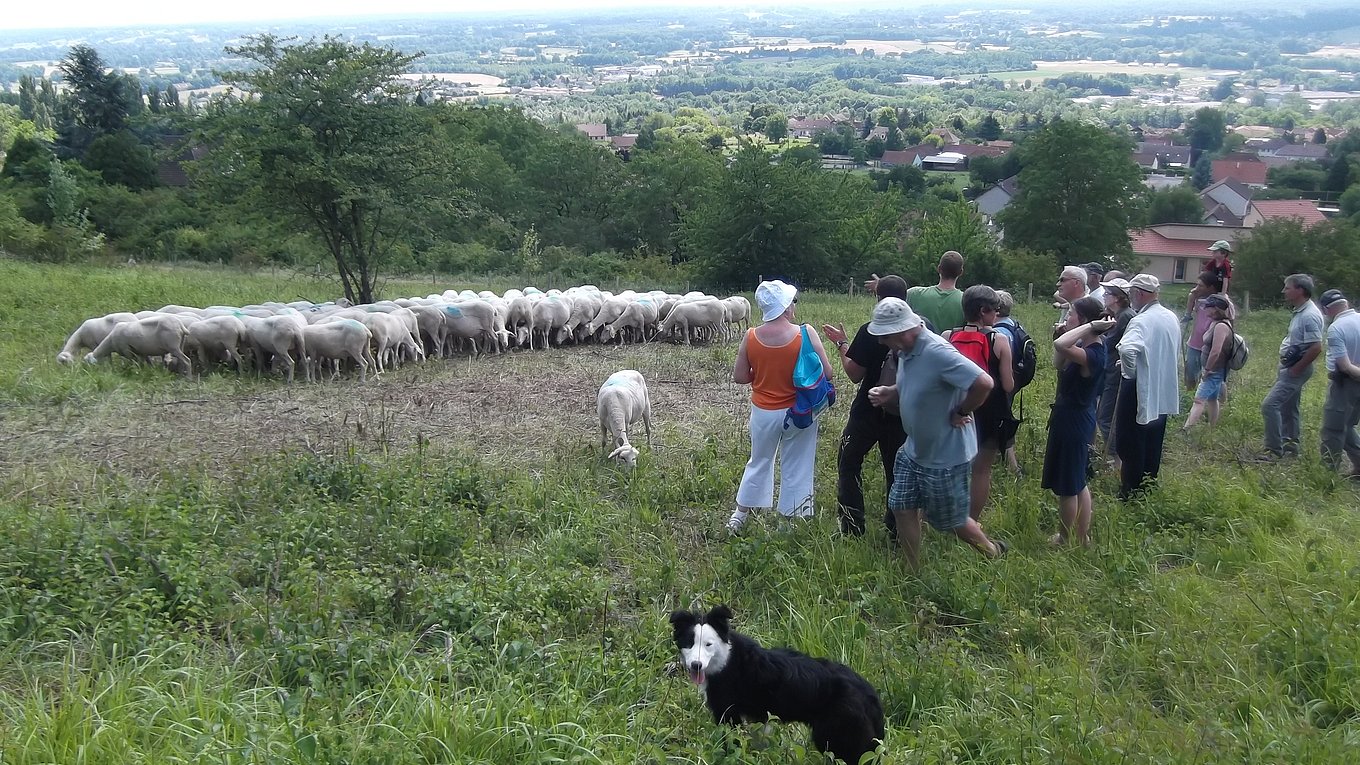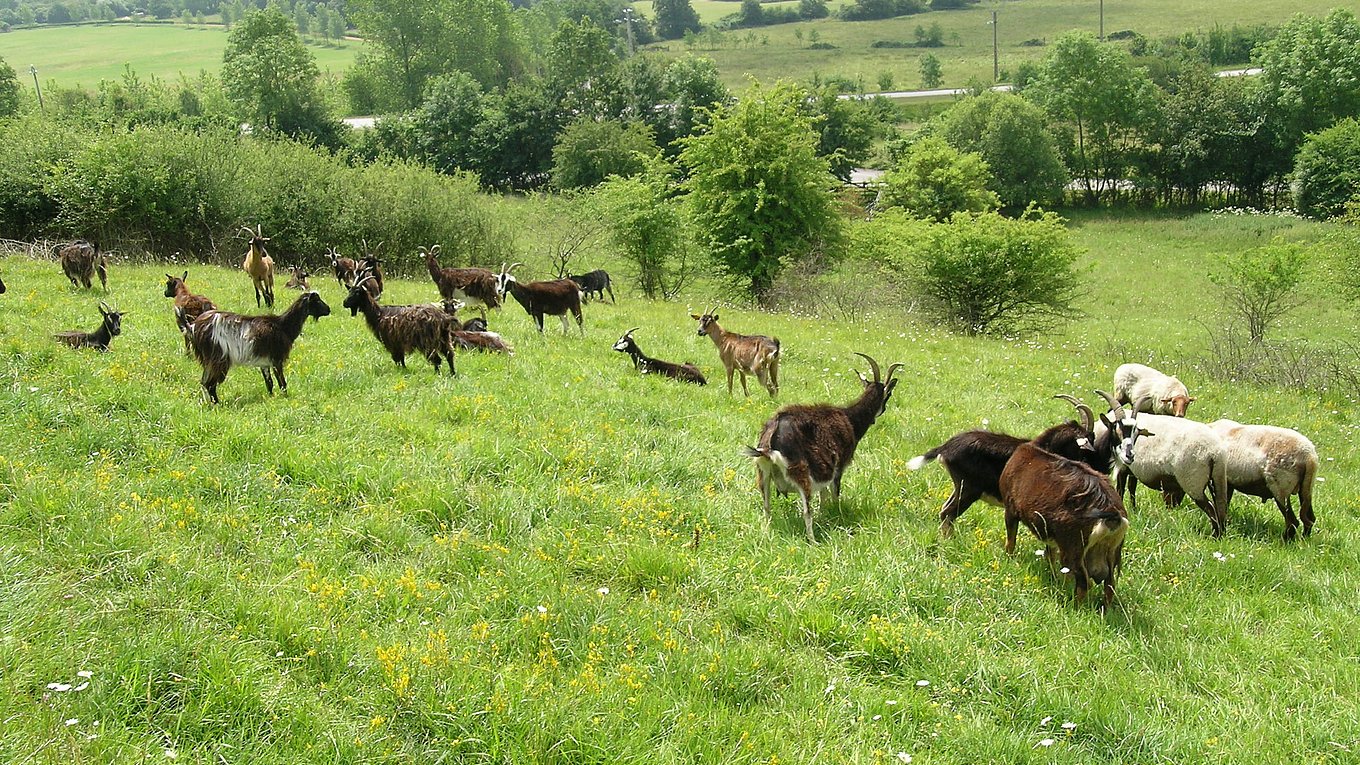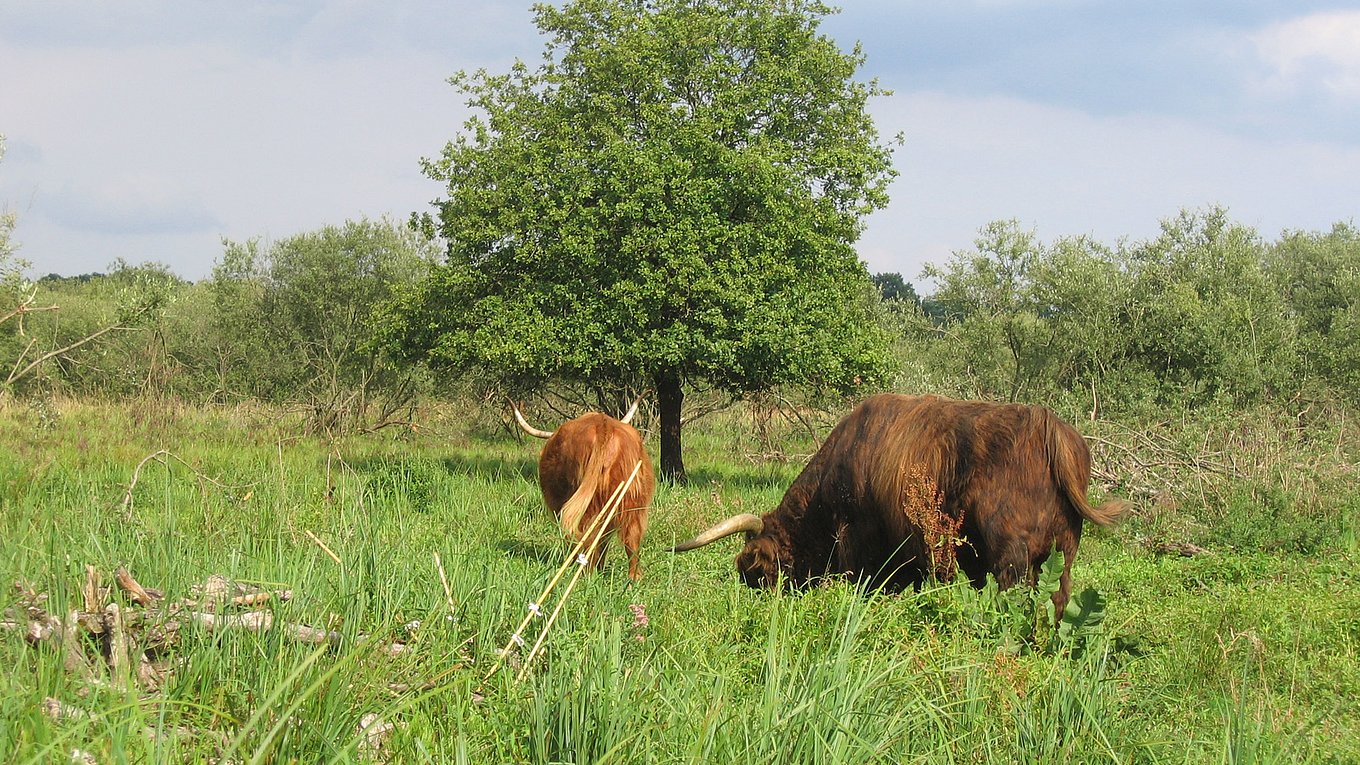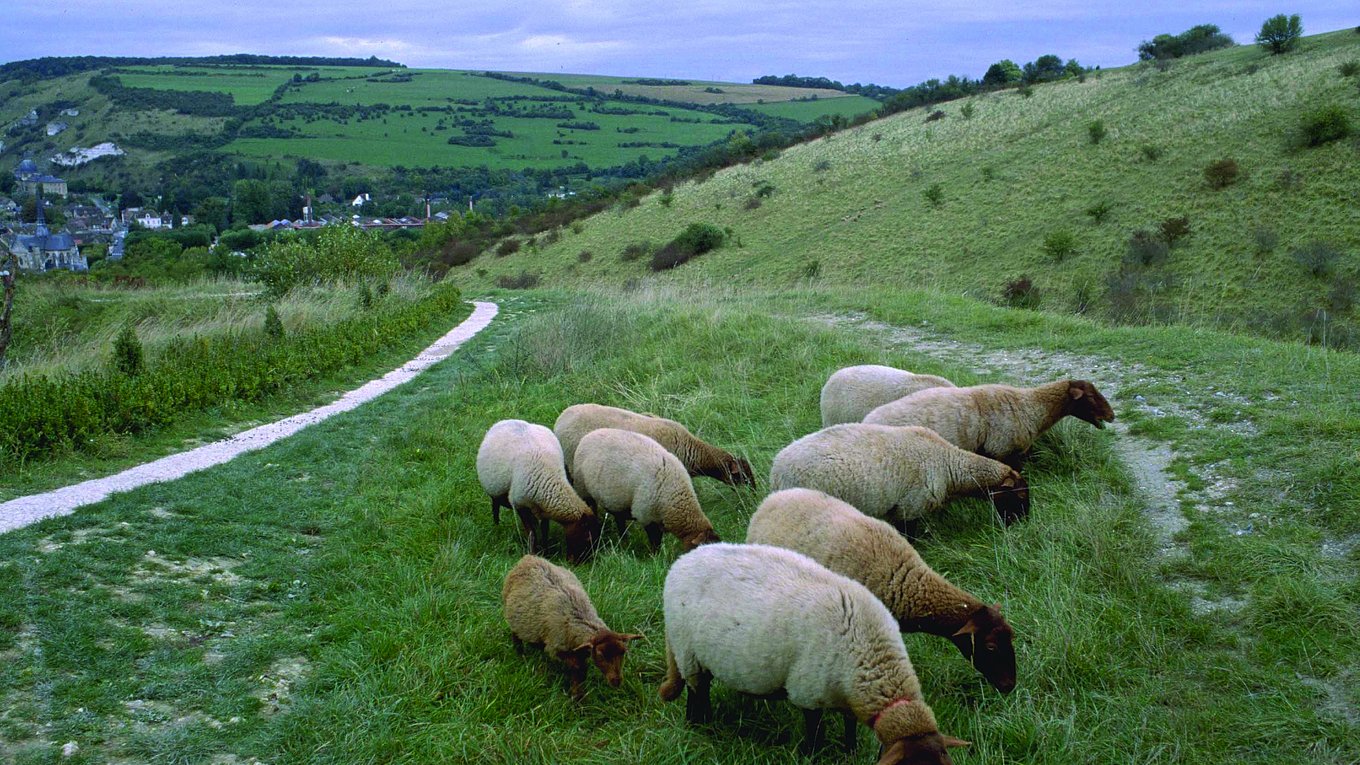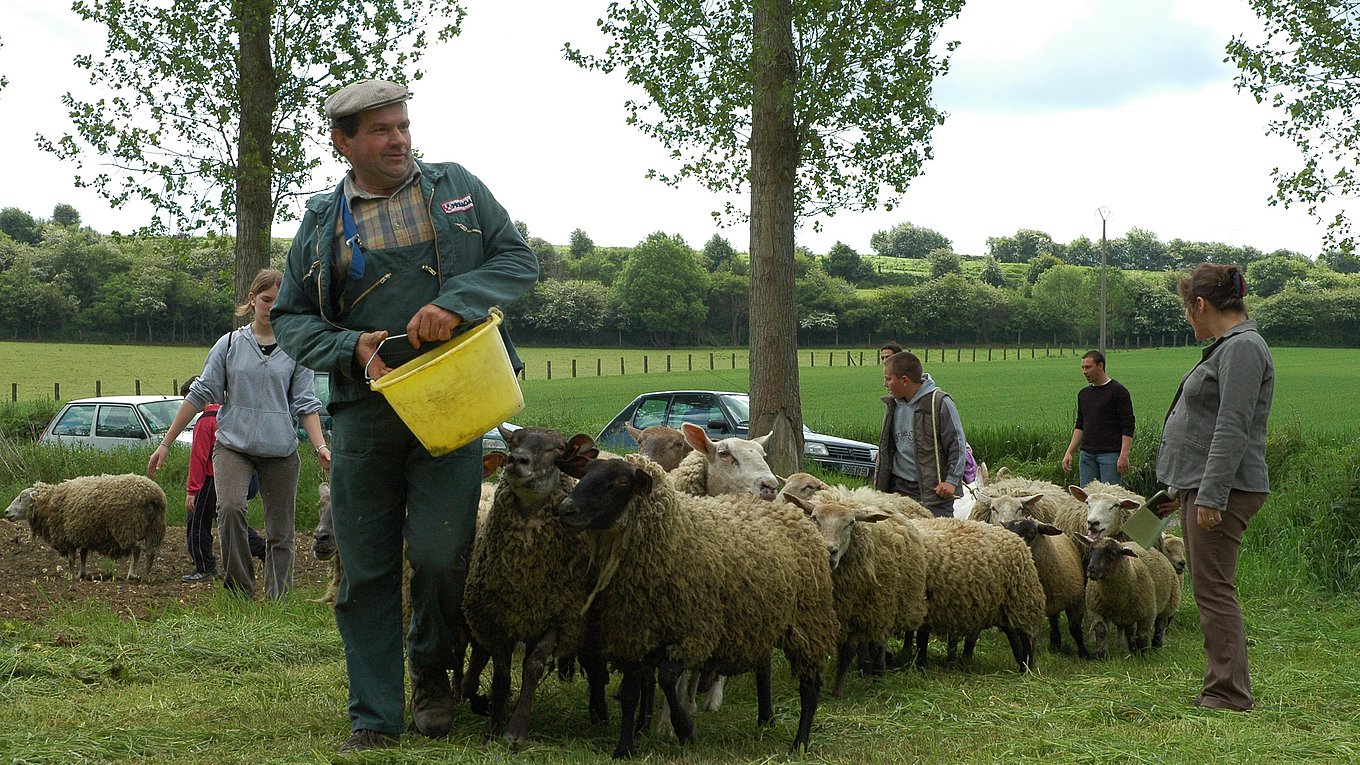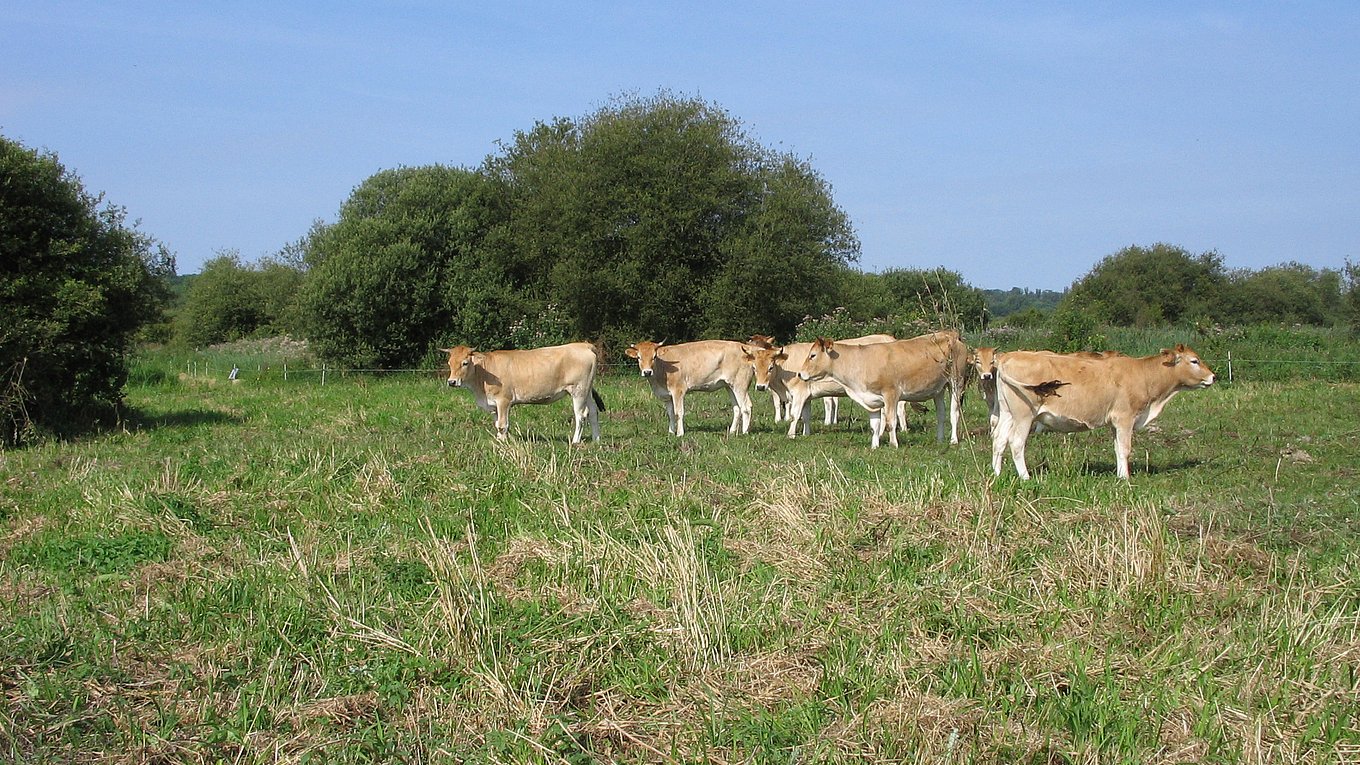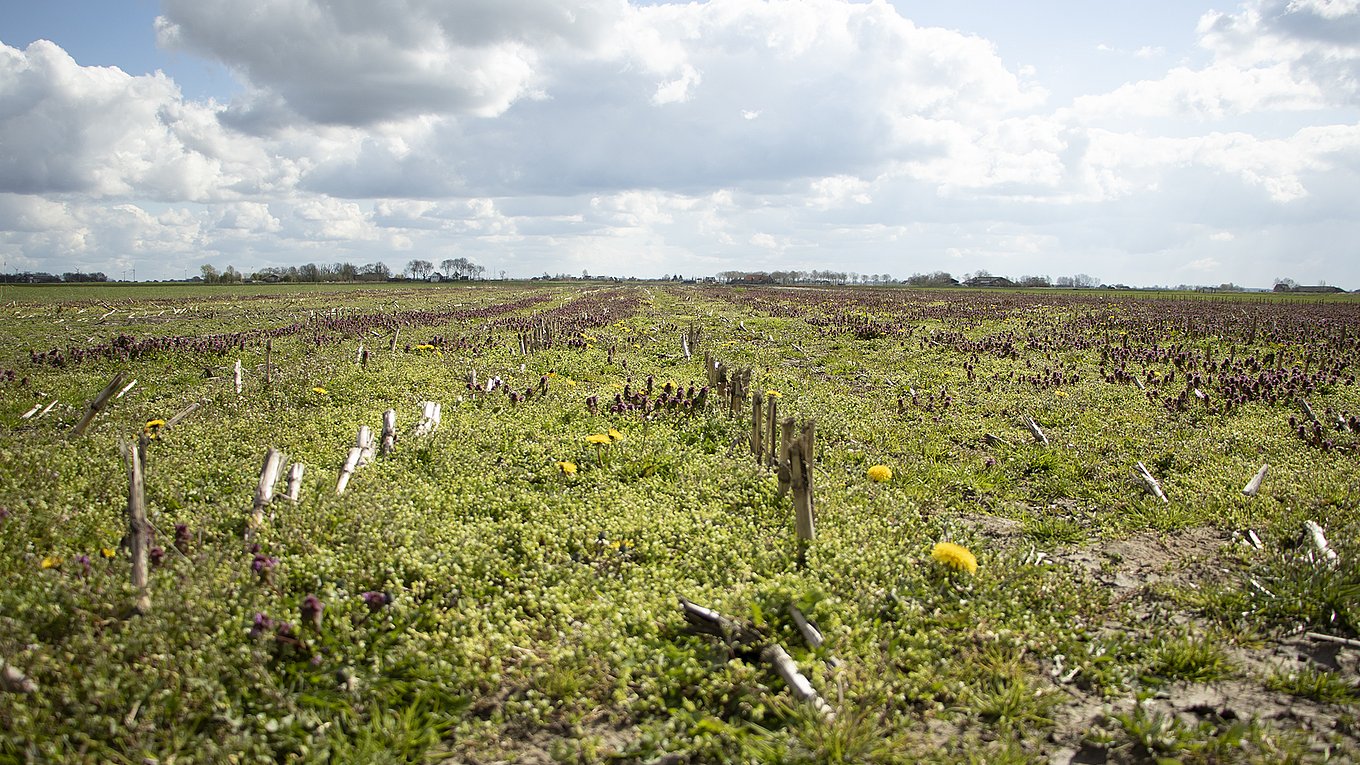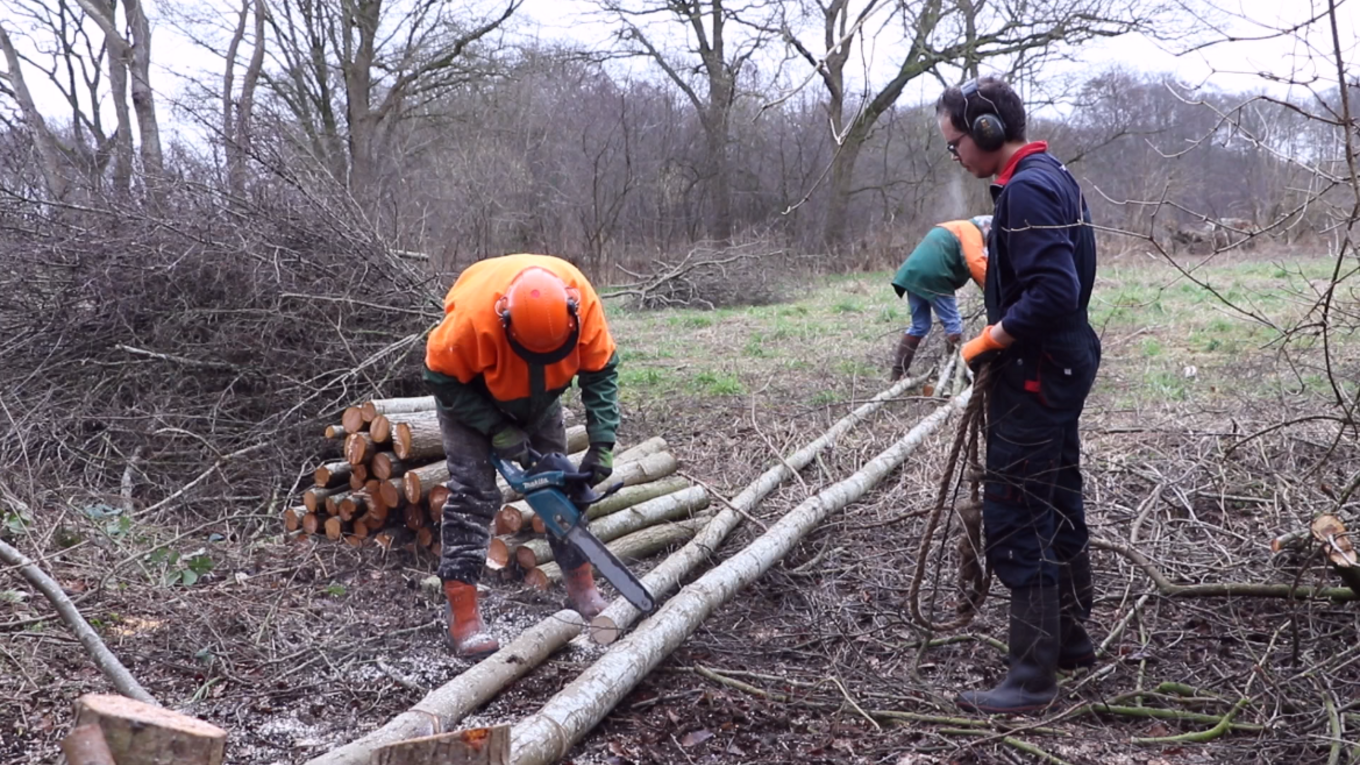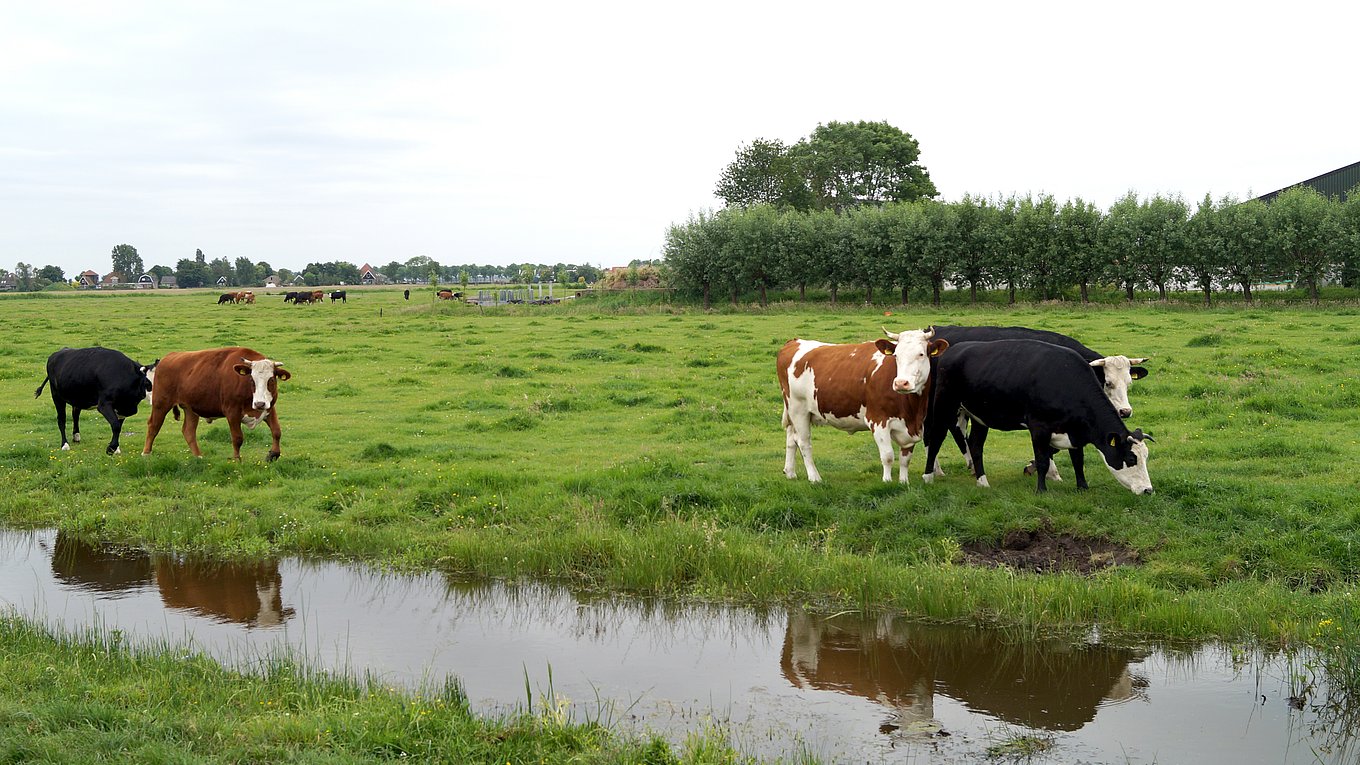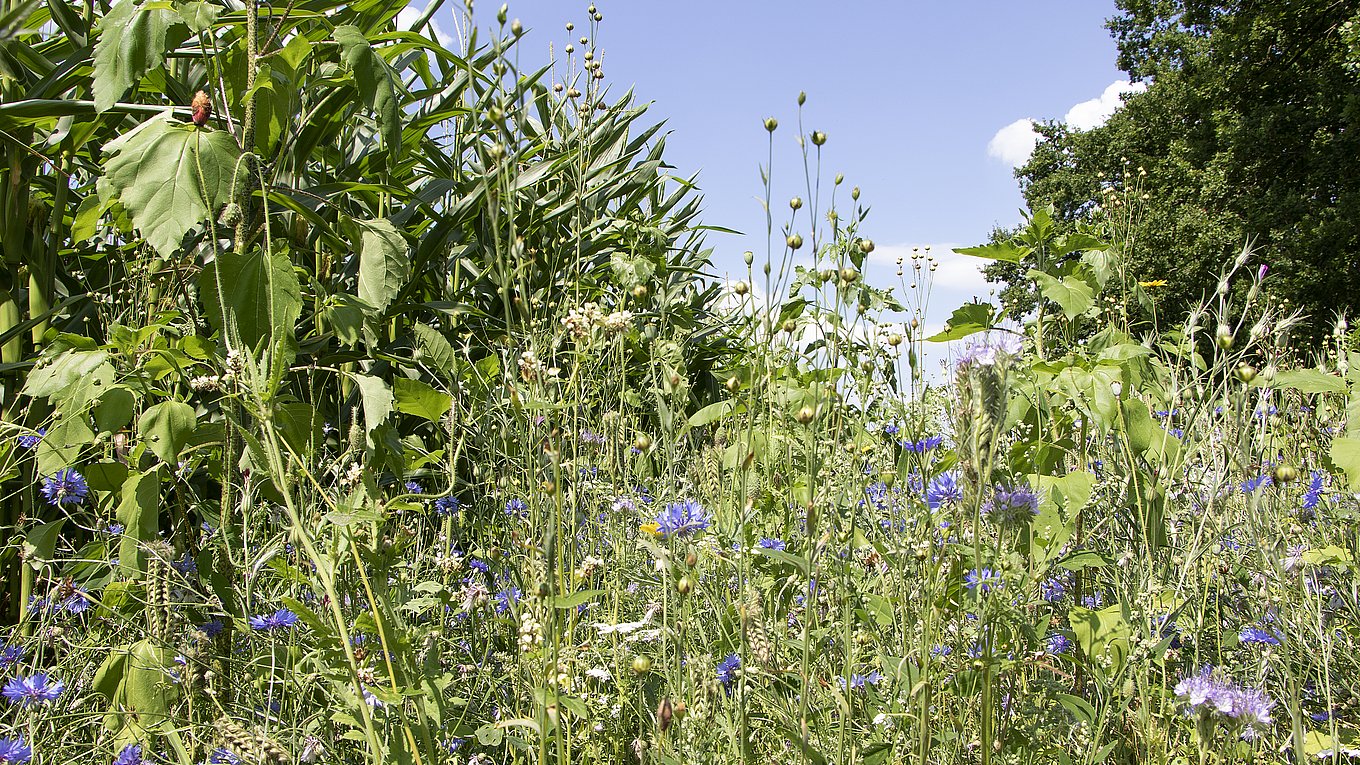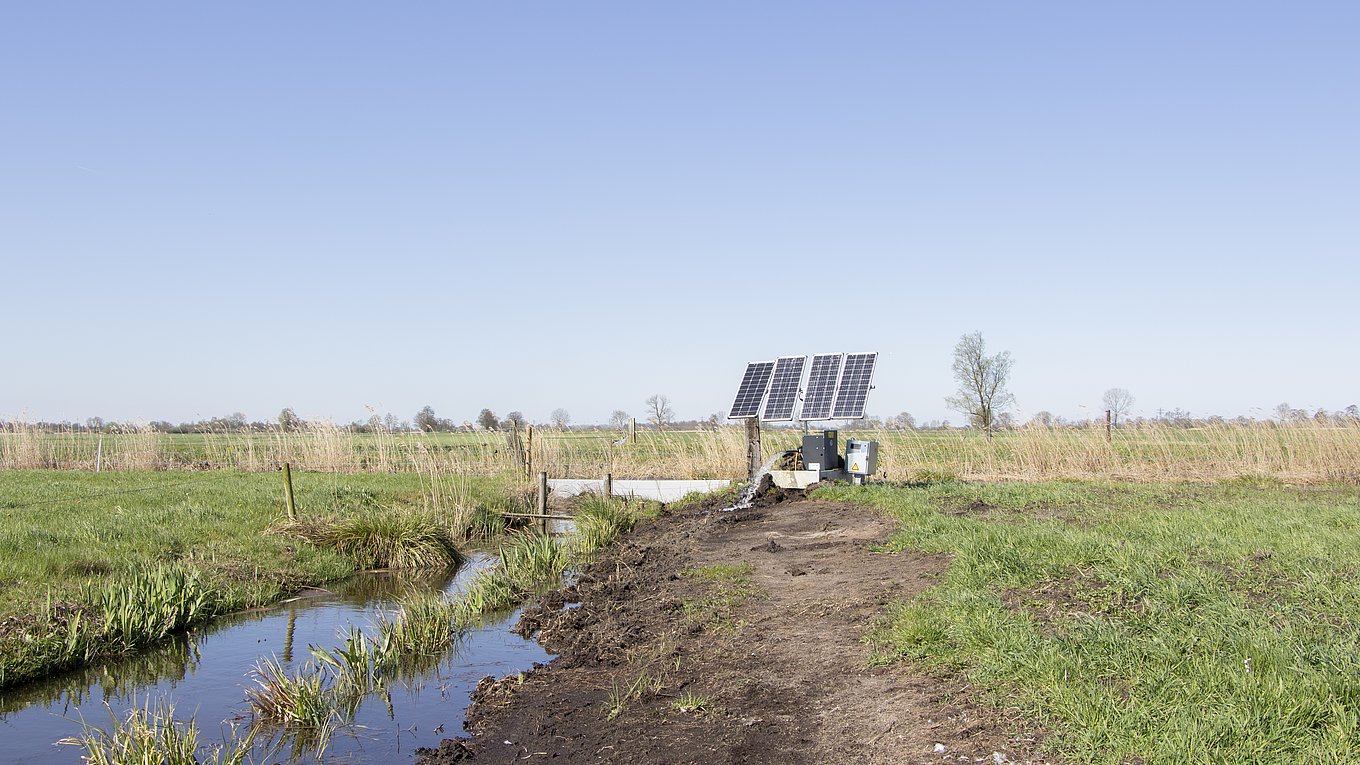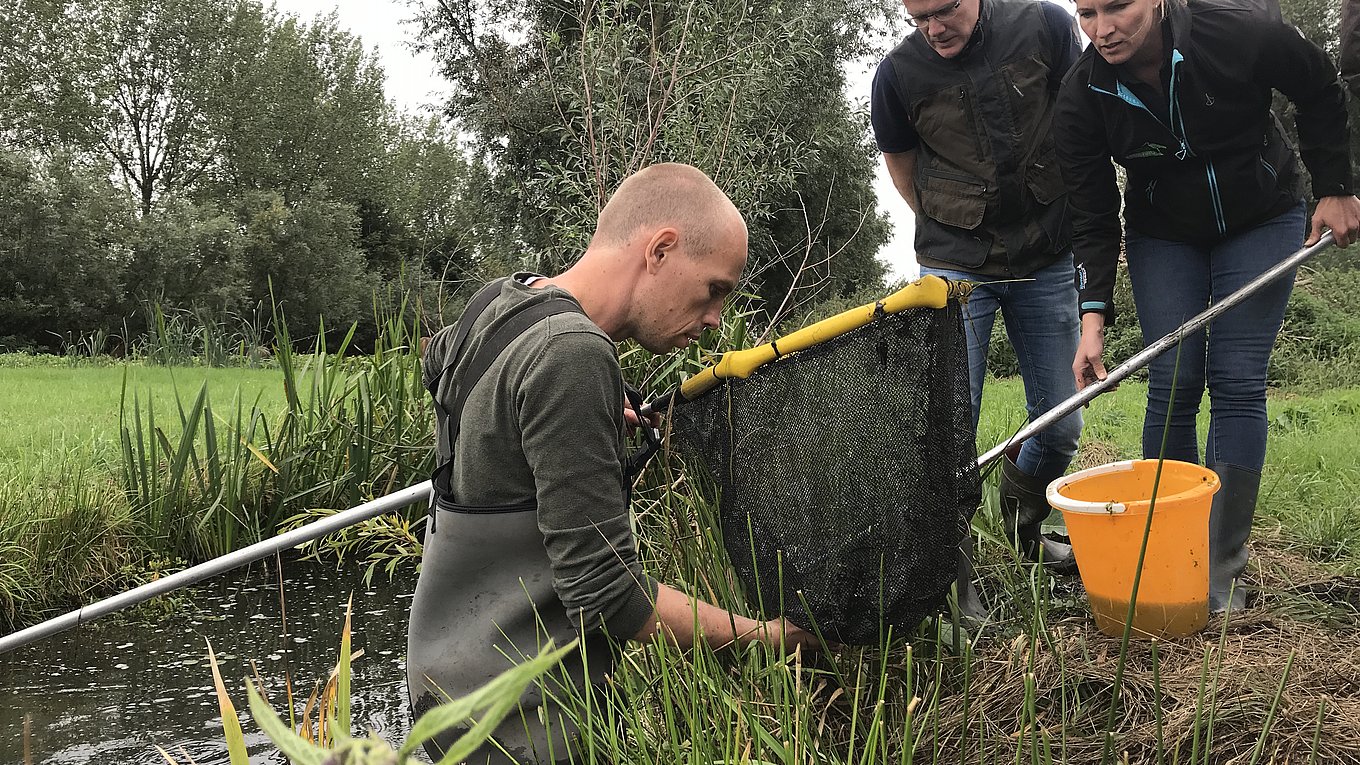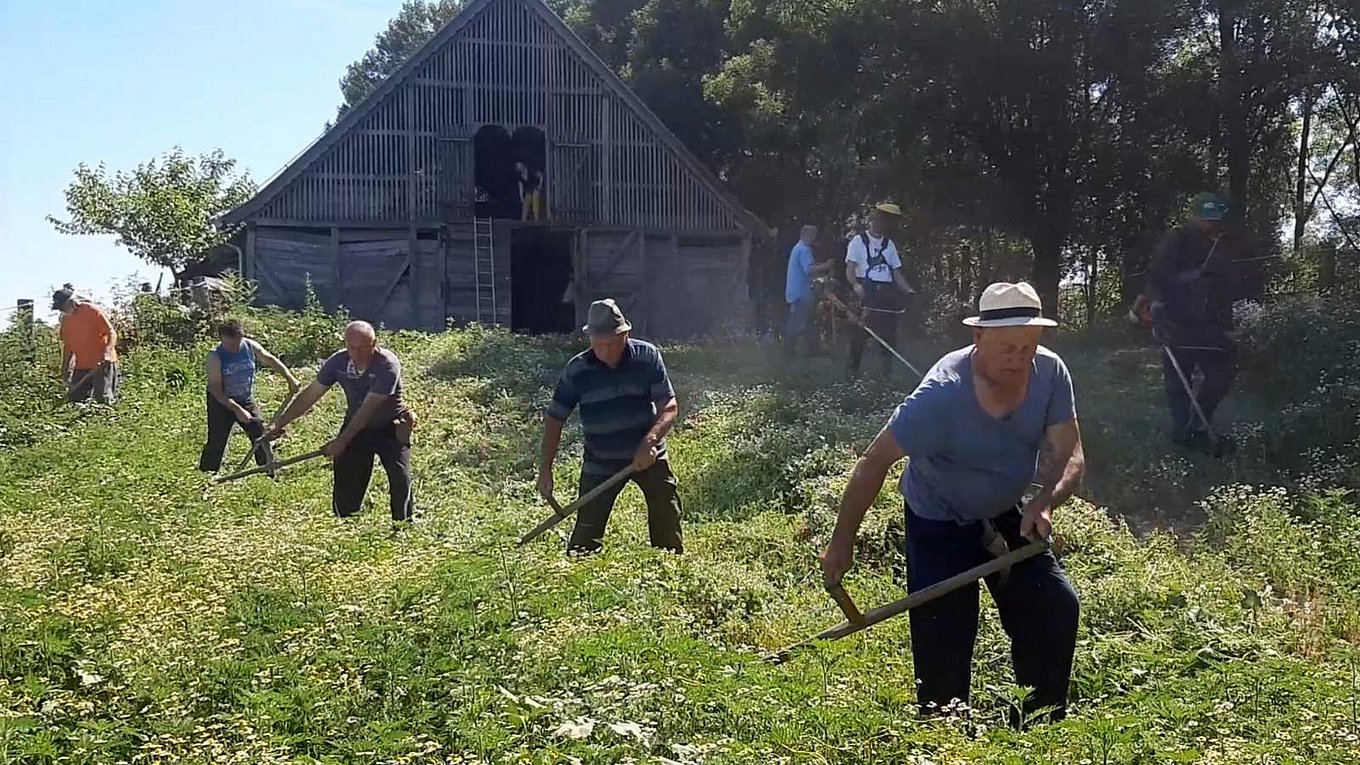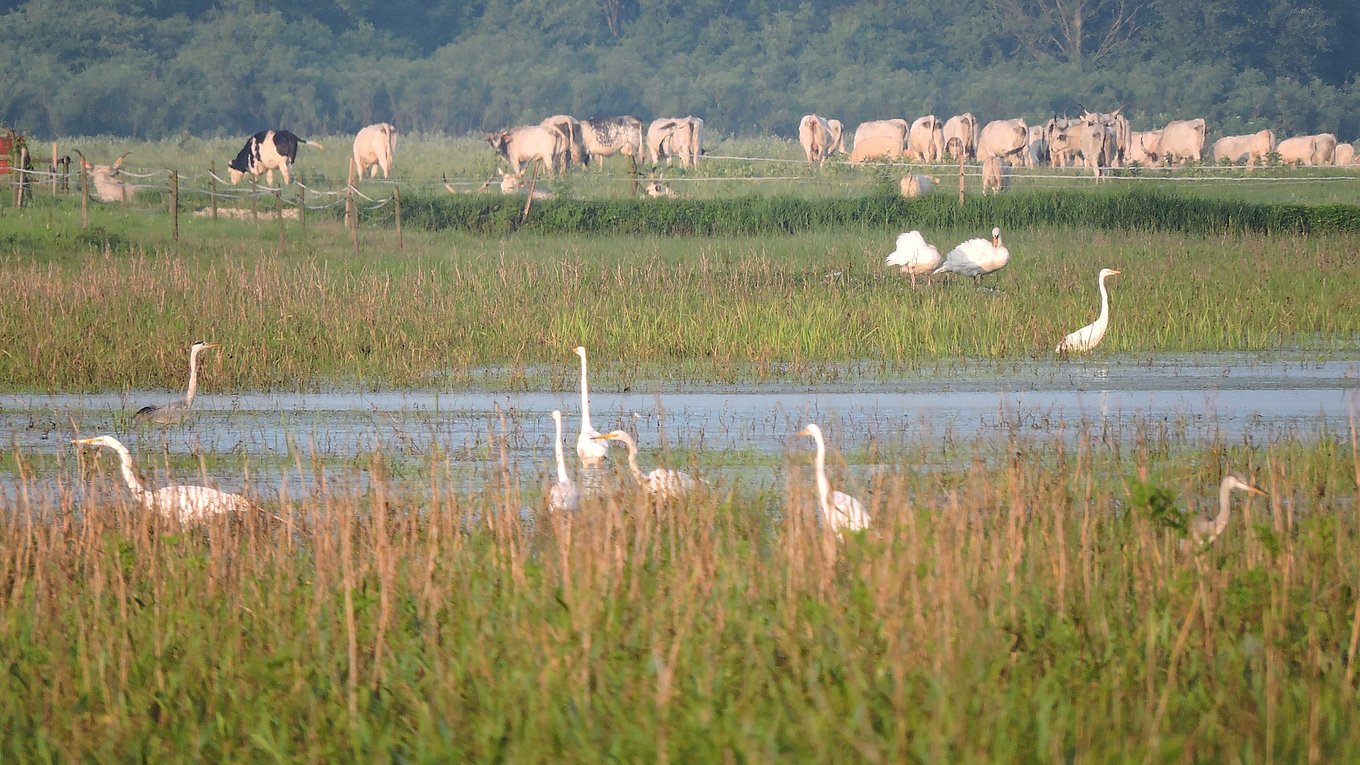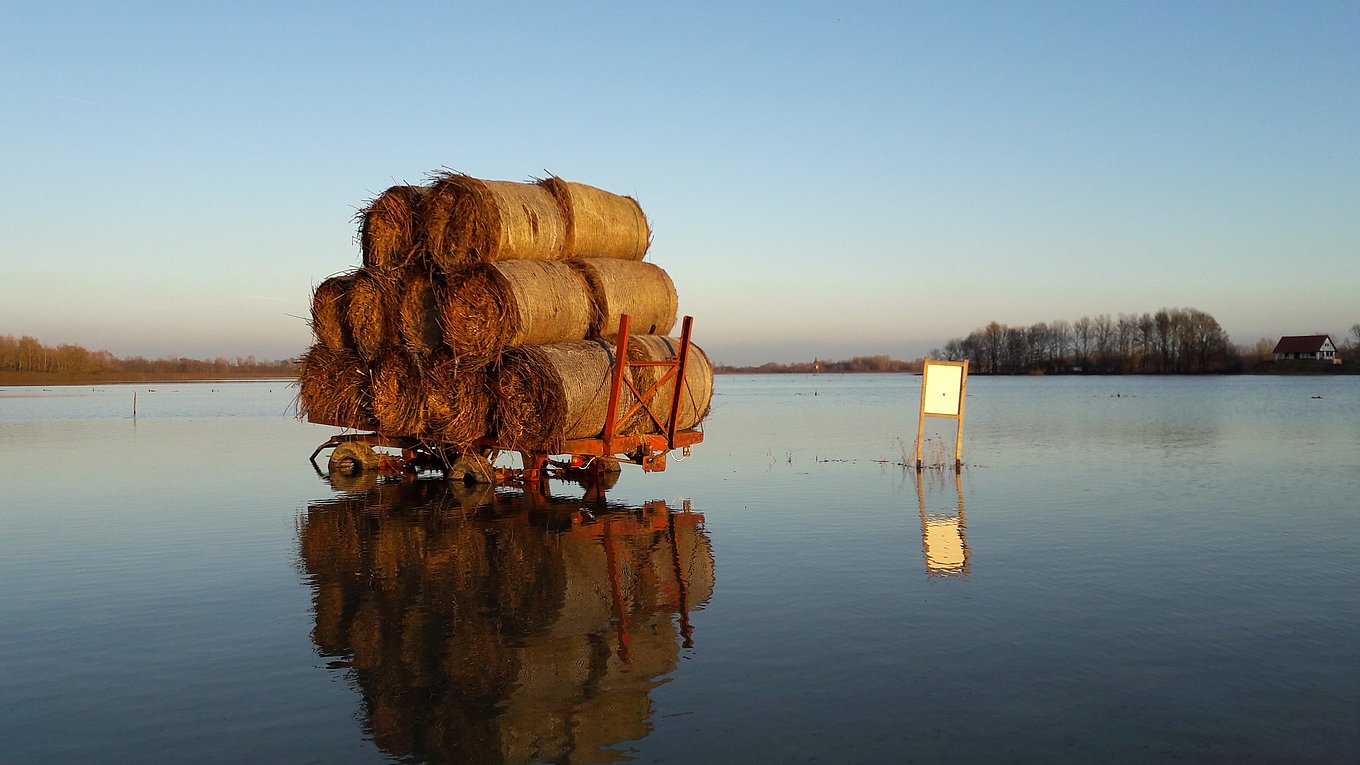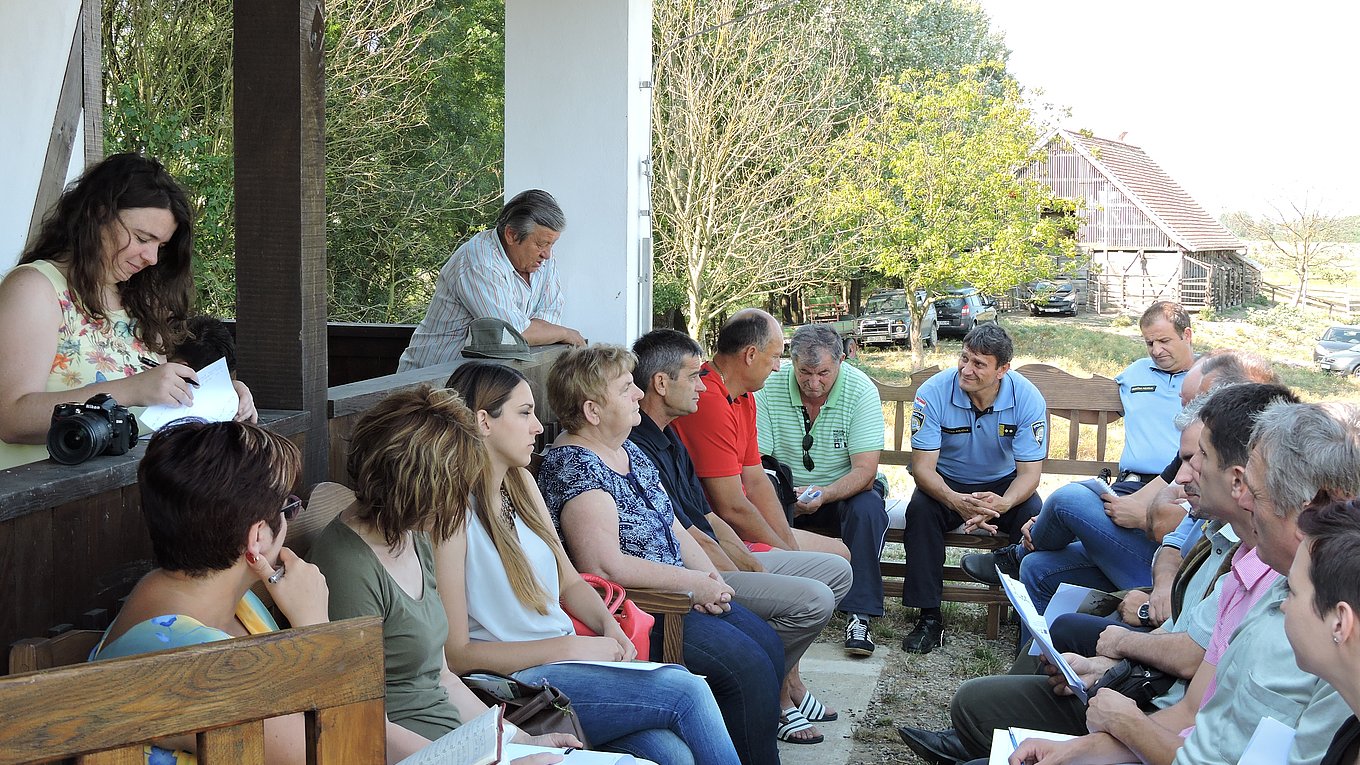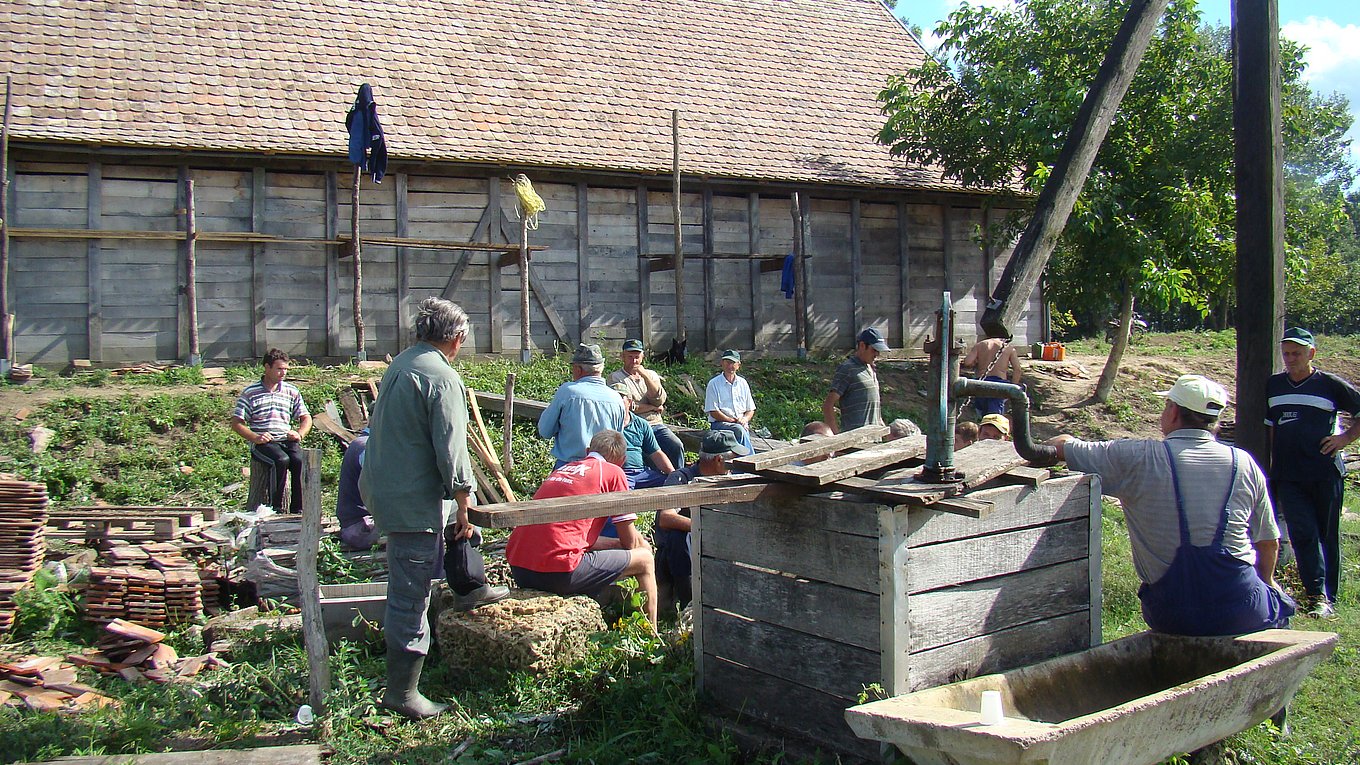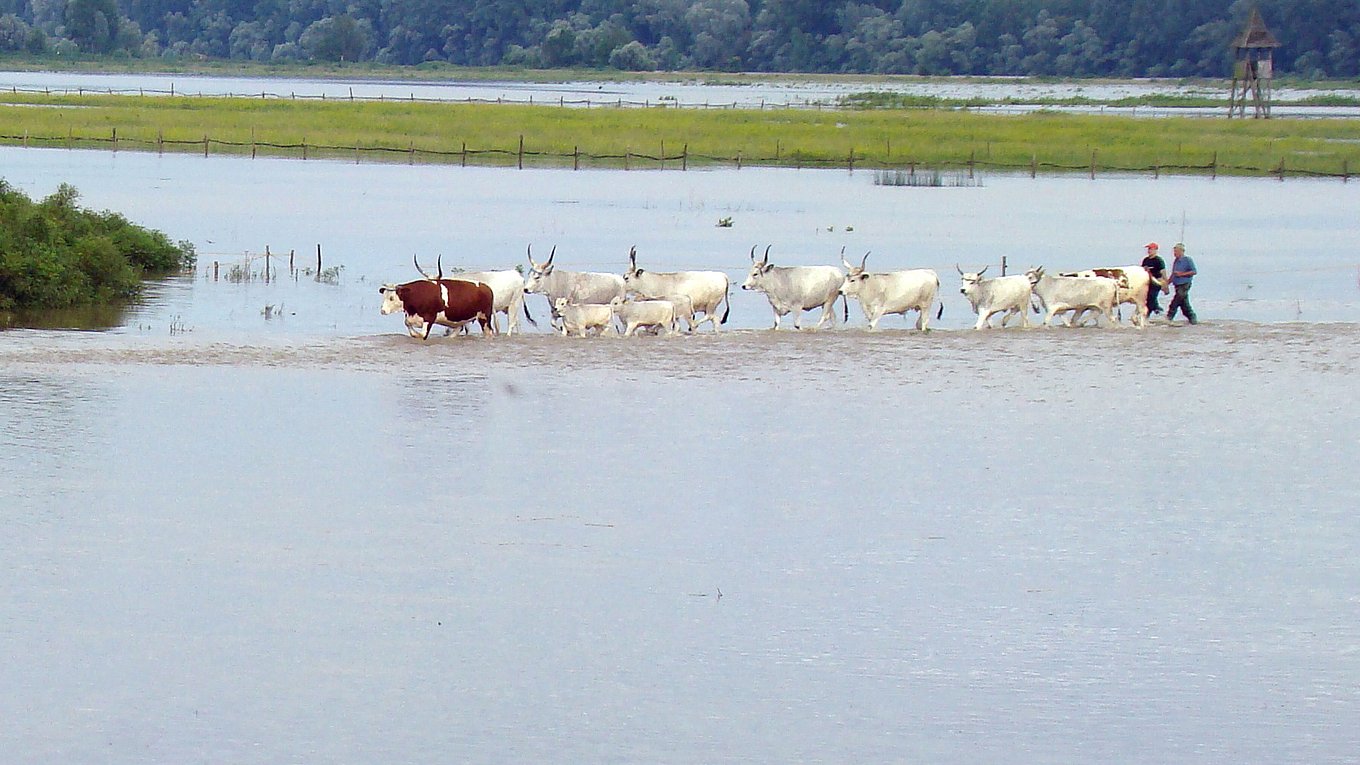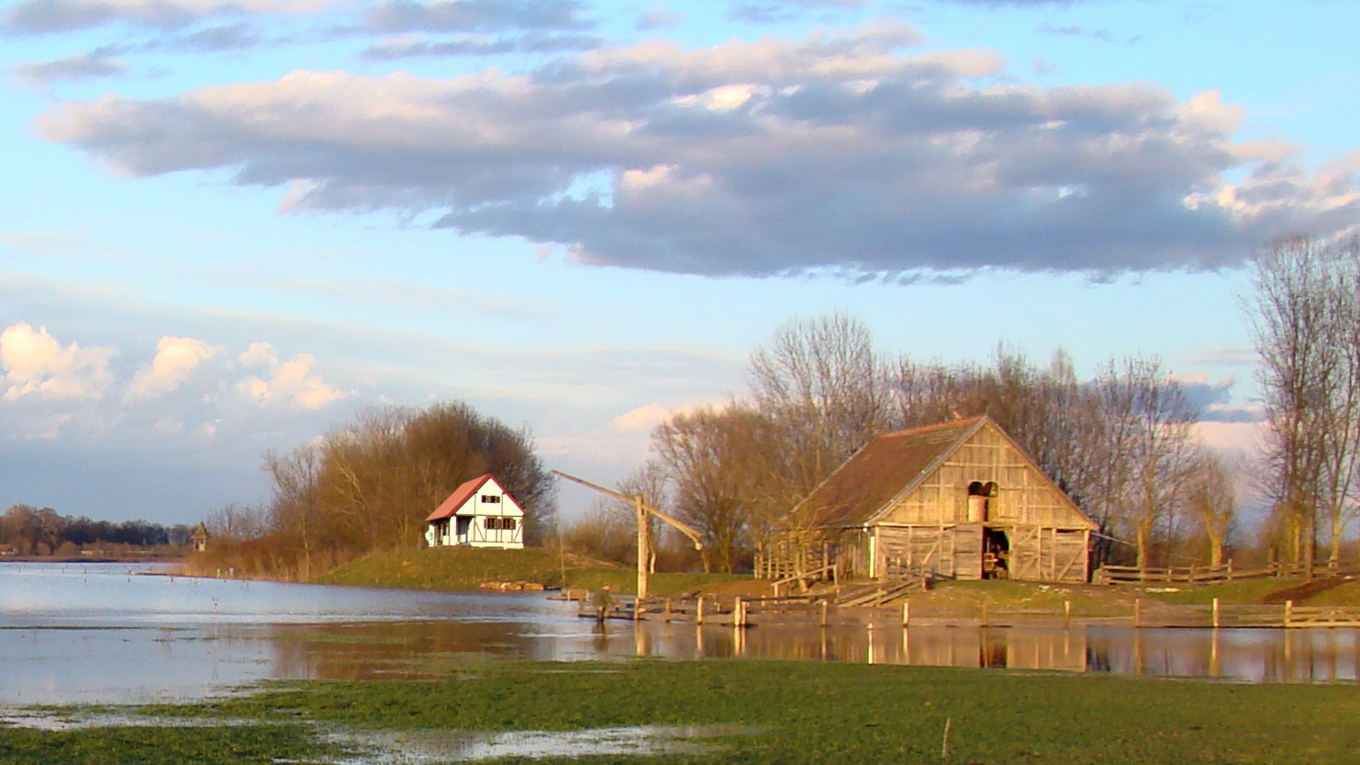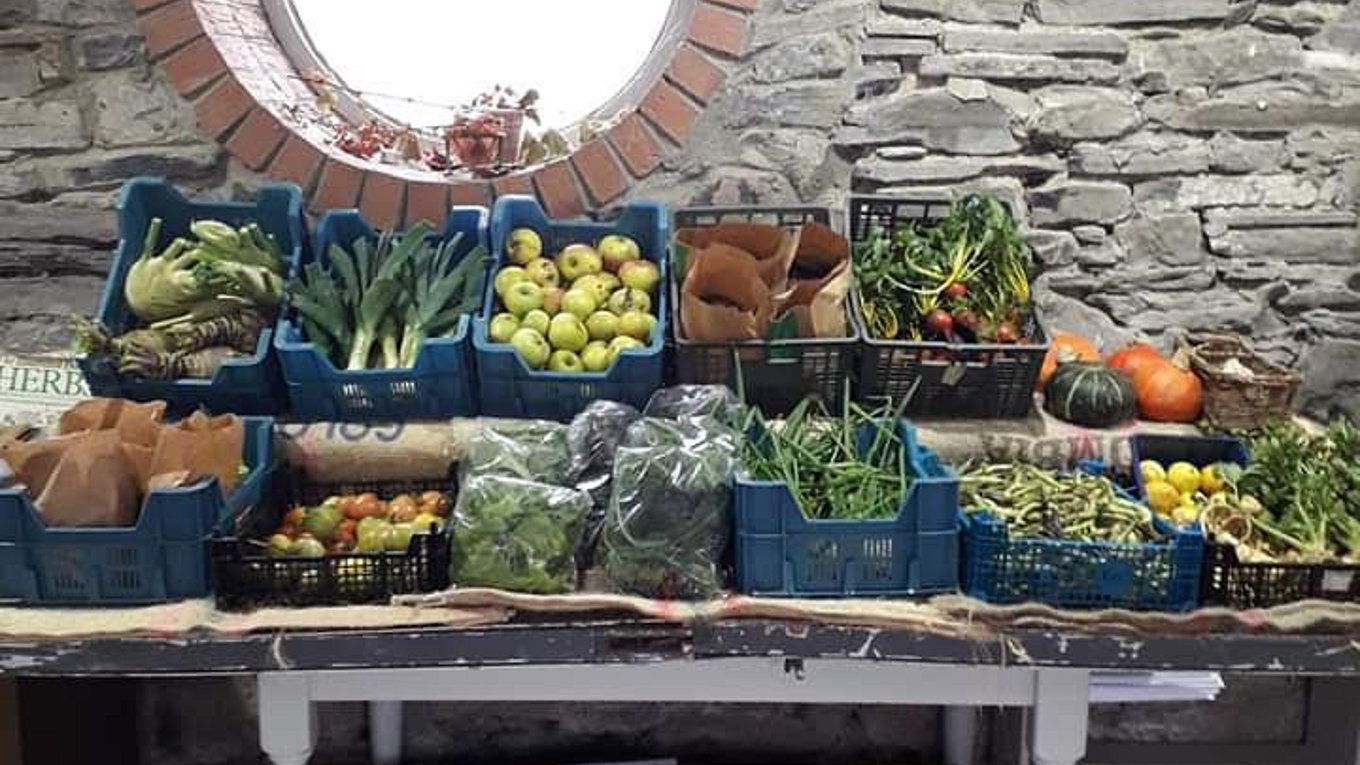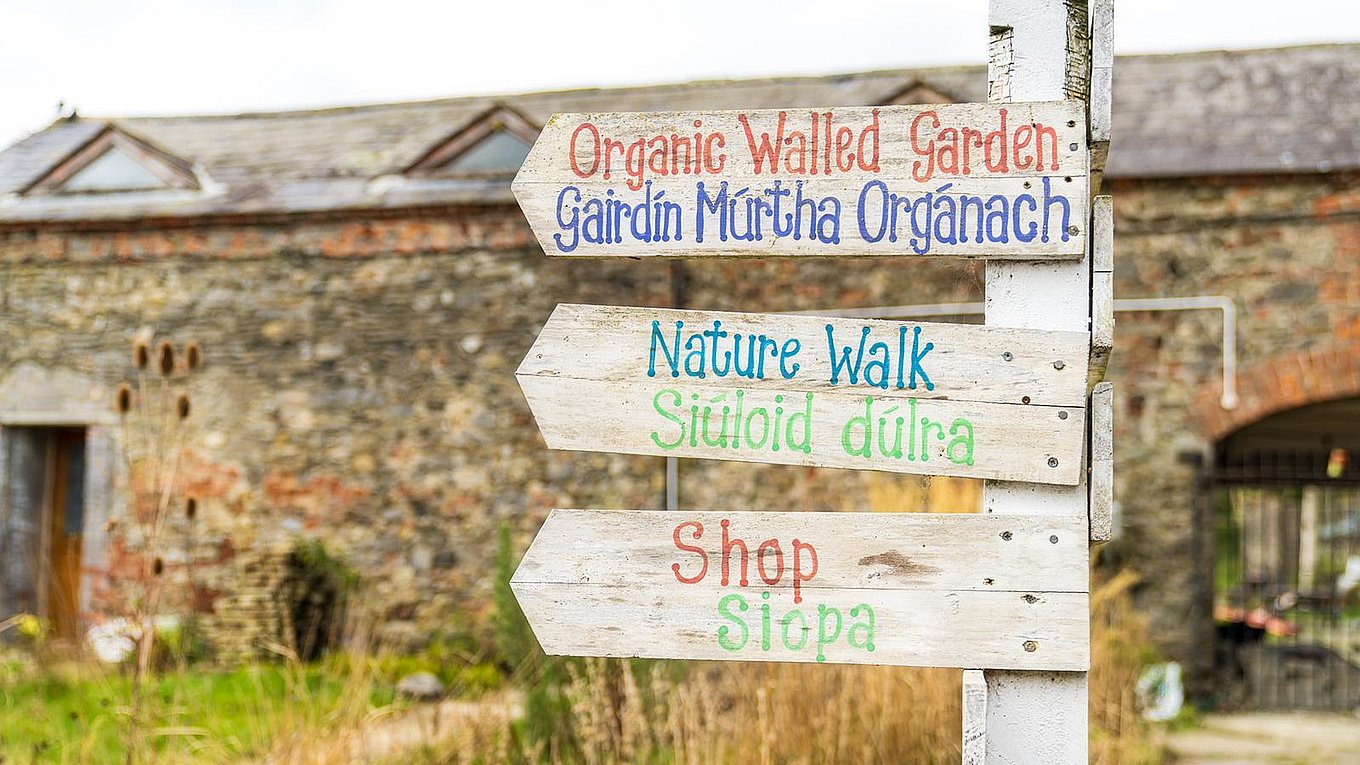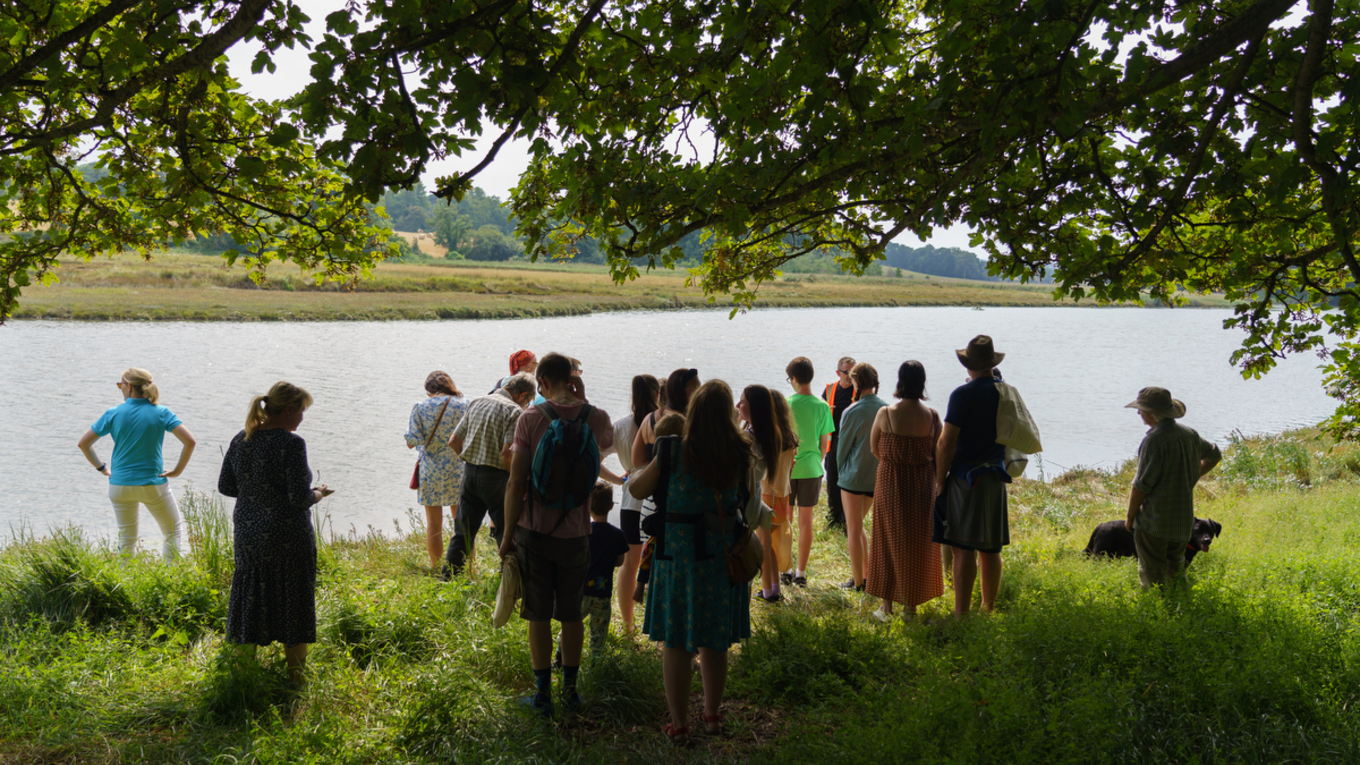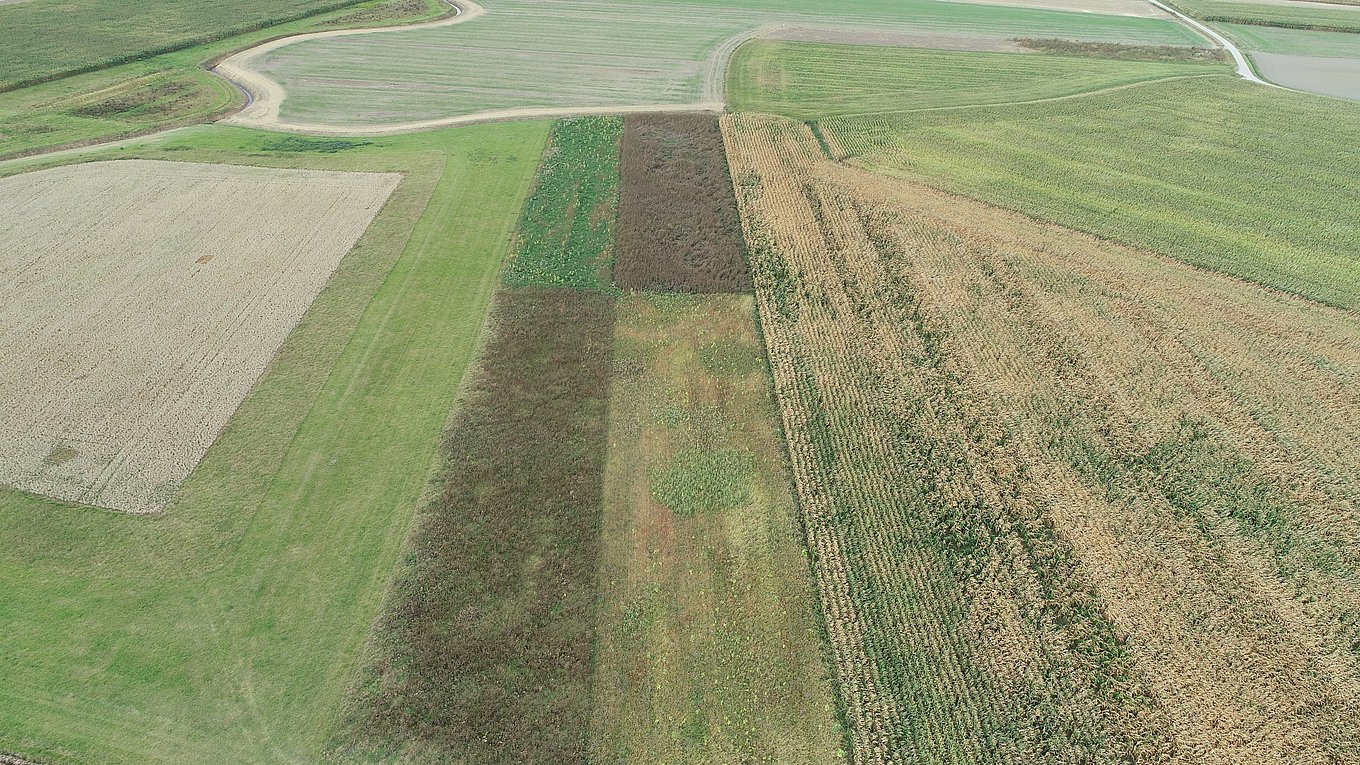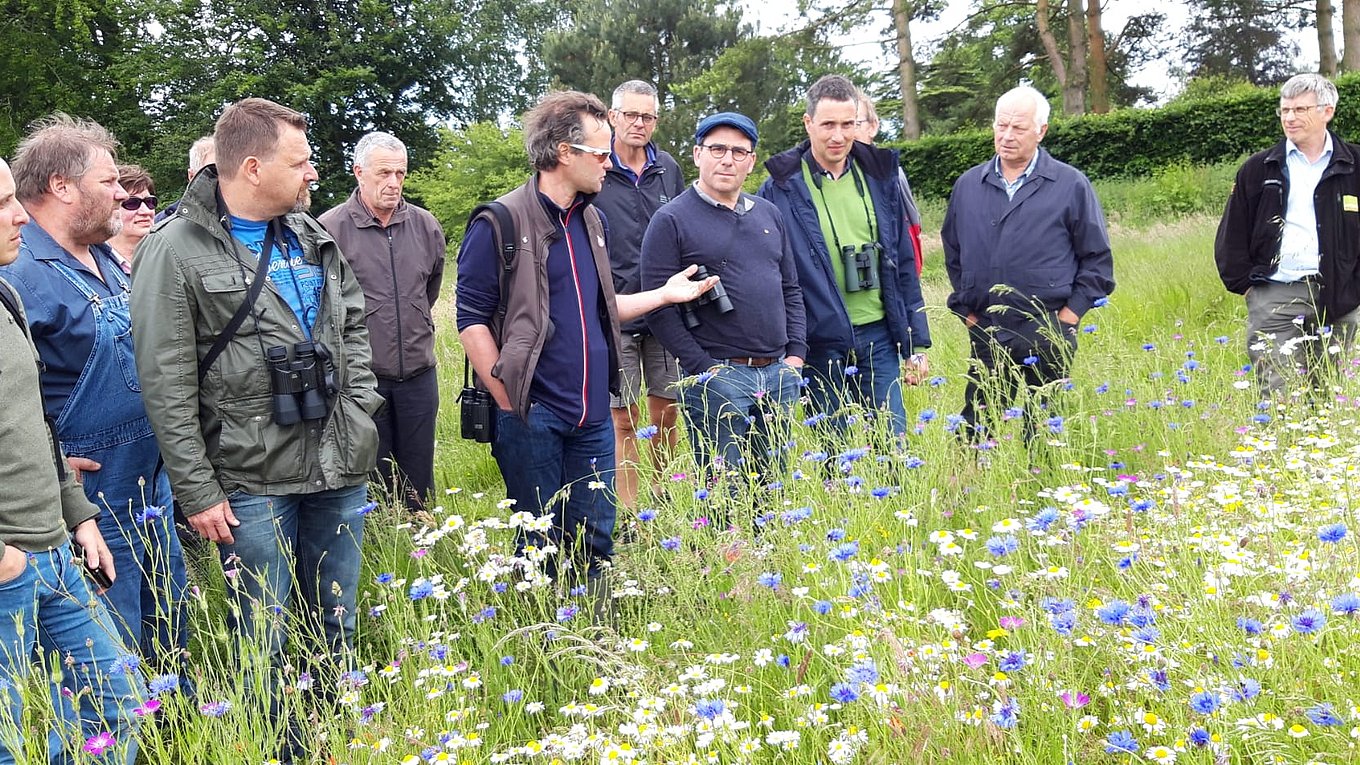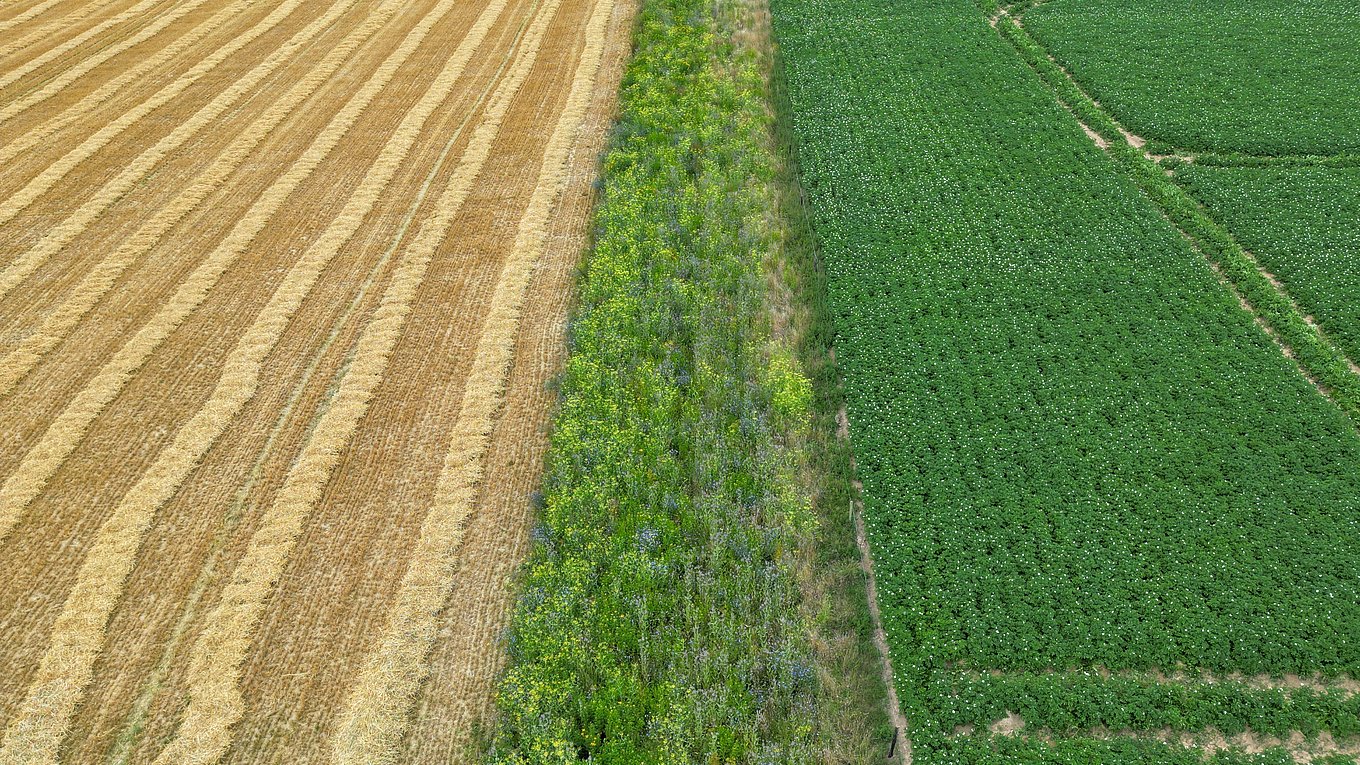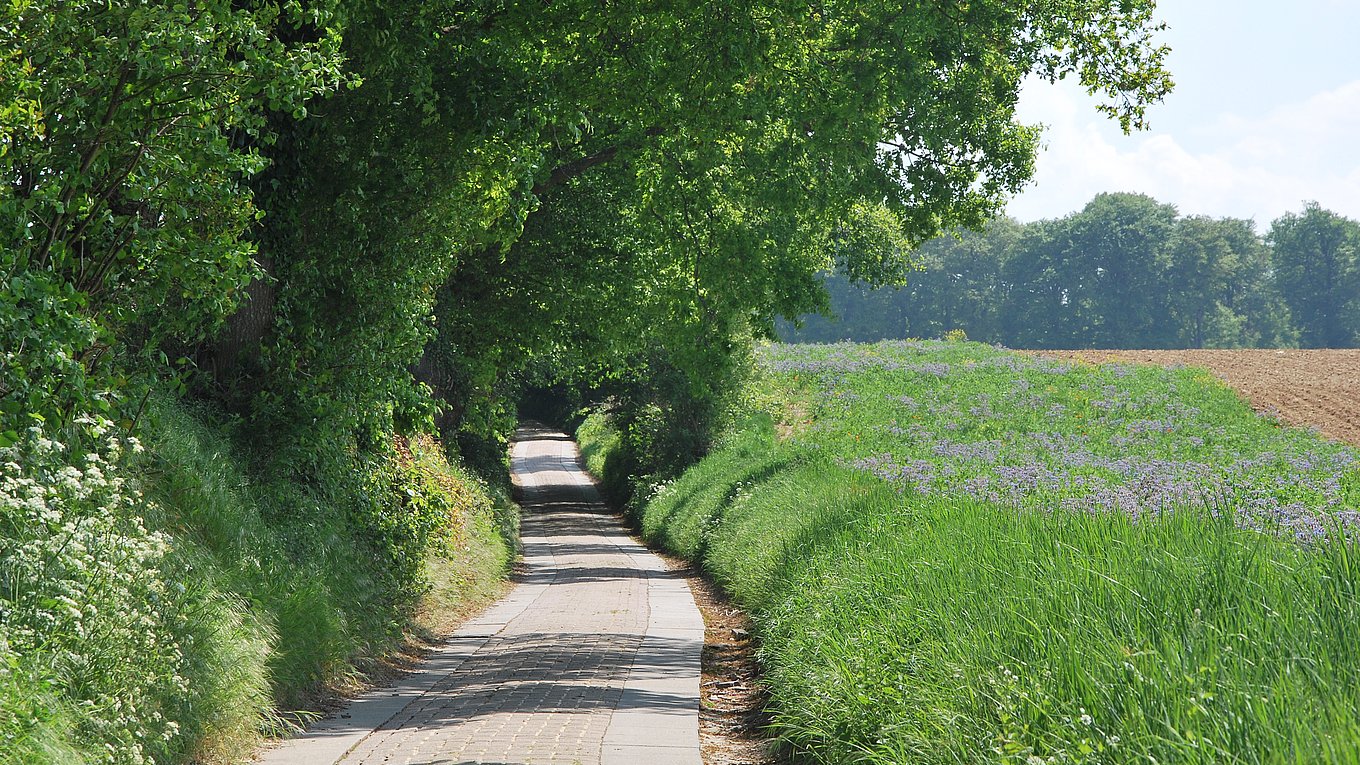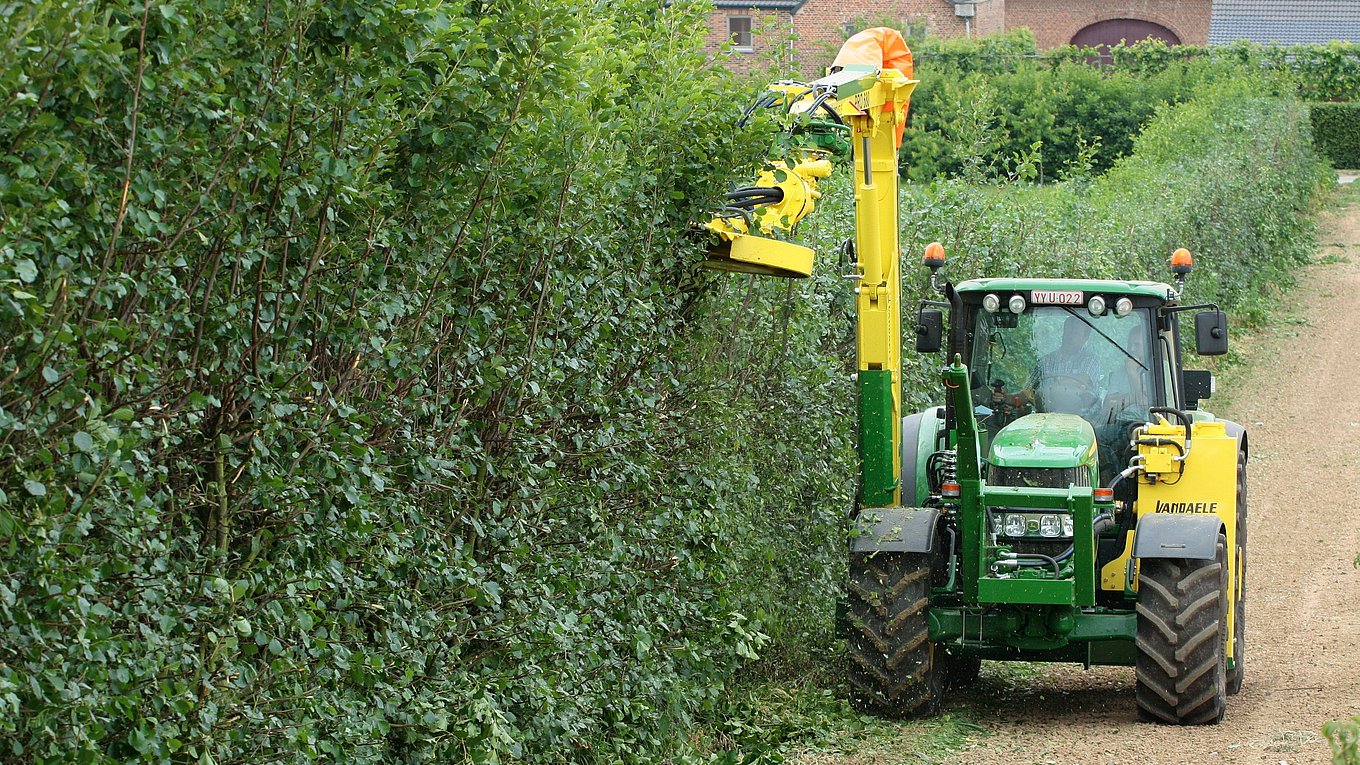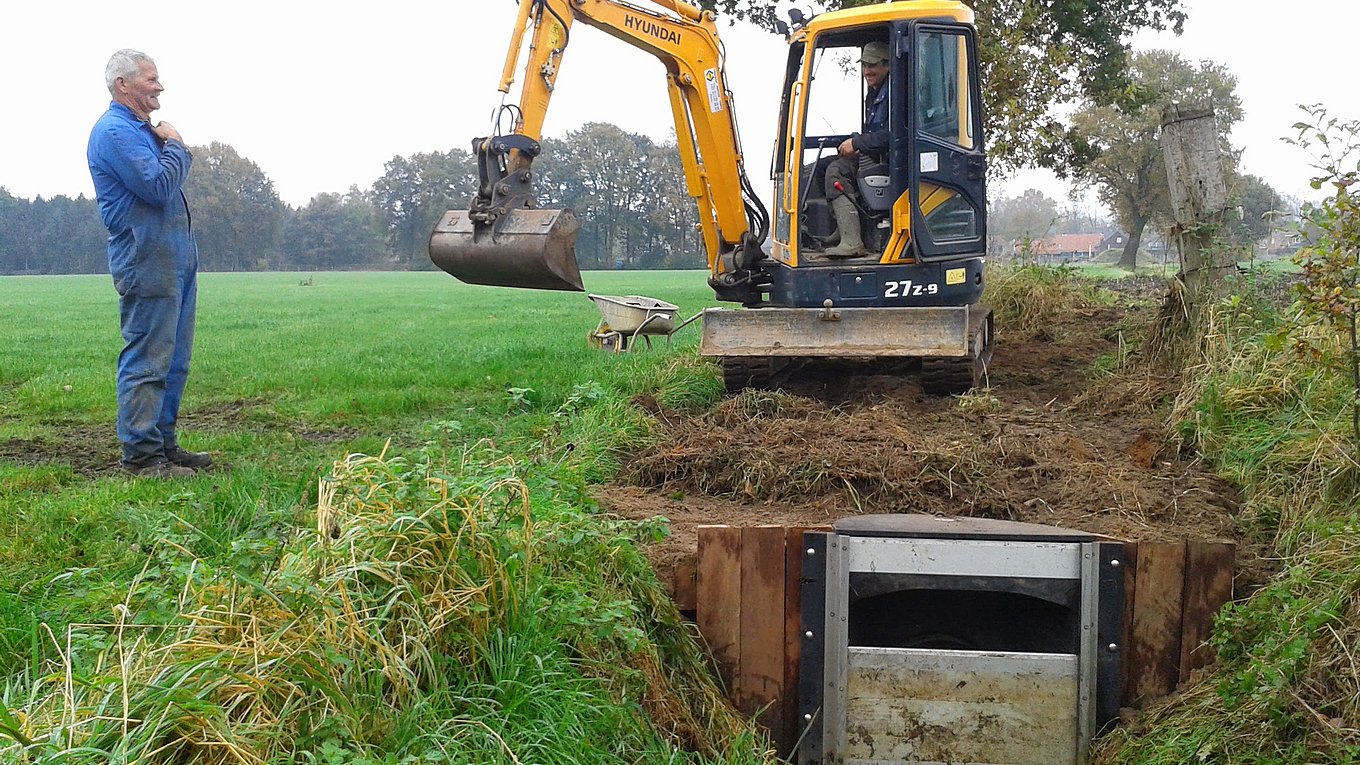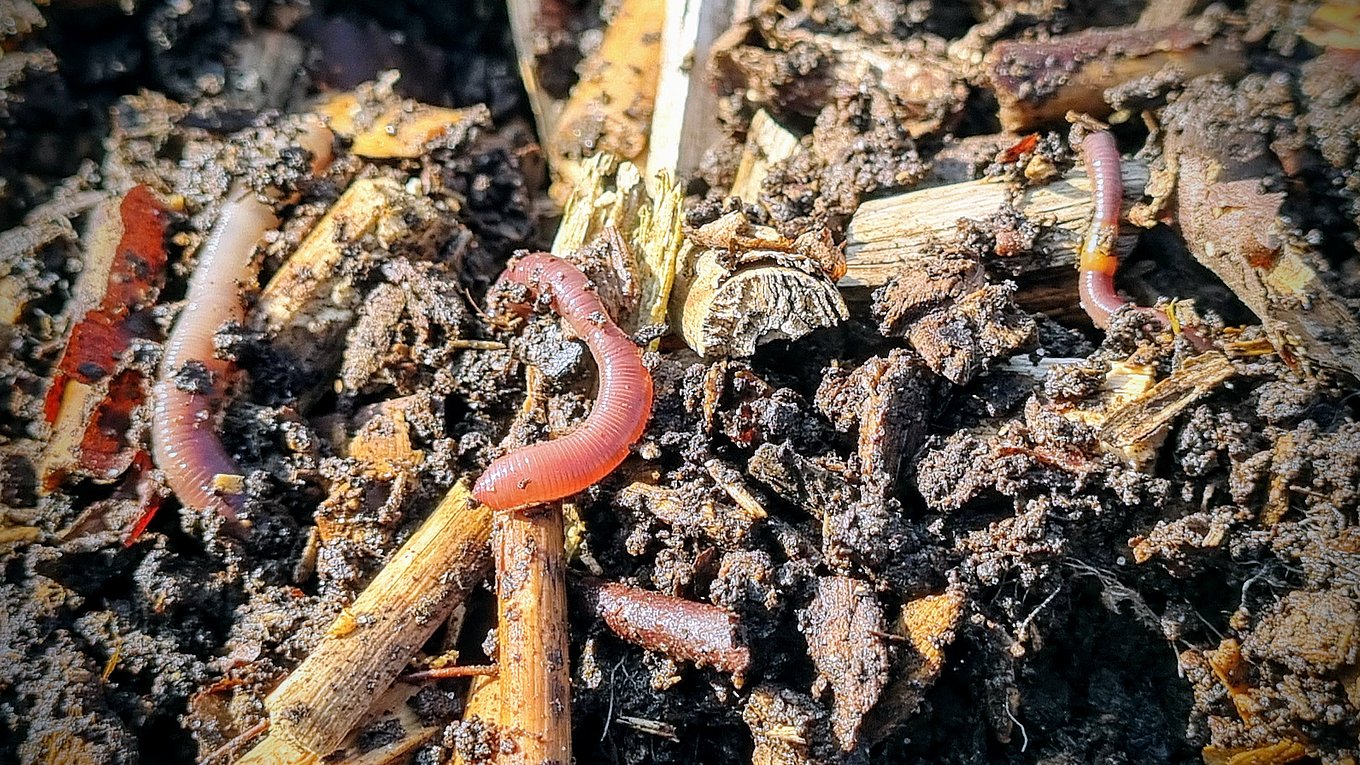
Deutscher Verband für Landschaftspflege e.V.
LANDCARE GERMANY
Founded:
1993
National structure:
Umbrella organisation with 190 member organisations
Biogeographical regions covered:
Atlantic, Continental, Alpine
Collaboration with farmers:
10.000
Main activities:
- training of Landcare associations and support of founding new associations
- projects on rural development and the protection of biodiversity, climate, soil and water
- consulting of political stakeholders on the Common Agricultural Policy
Collaboration:
- with European countries: Austria, Croatia, Czech Republic, France, Italy, Ireland, Luxembourg, Lithuania, Netherlands, Portugal, Poland, Rumania, Spain, Slovenia
- International cooperation with Satoyama Initiative and Landcare Australia
Landcare Germany is the umbrella organisation of 188 Landcare associations in Germany. They support measures that preserve and restore cultural heritage landscapes (semi-natural or man-made) with their biodiversity. These activities not only benefit nature conservation but also a better quality of life of the regional population and other living beings in Germany. Due to its parity of nature conservationists, farmers, and communities, Landcare associations have a huge local acceptance. Often, they act as mediators between different stakeholders, mostly in rural areas. Landcare associations inform stakeholders and interested parties about the current situation in the region, discuss fears and challenges, and seek solutions. This way Landcare Germany contributes to the implementation of EU environmental targets, such as set in the EU Habitats and Birds Directive, Water Framework Directive (WFD), as well as European, national, and local biodiversity strategies. Maintenance of these cultural heritage landscapes also generates local and regional products and markets and therefore revenue. Landcare associations work in collaboration with farmers to find ways that ensure a reliable farm income while also preserving and improving agriculture-dependent habitats and species. This includes habitats in catchment areas of rivers and water bodies to achieve the goals of the Water Framework Directive (WFD).
Landcare Germany has years of expertise in fostering exchange and bringing together Landcare organisations from different European countries. These exchanges have aimed to broaden knowledge and implementation of European Directives in cooperation with farmers. Thanks to its experiences and European connections Landcare Germany has the capacity to establish a formal Network Landcare Europe. Such a network at EU level will help to better implement the European Directives by fostering the individual organisations in their activities together with farmers and local communities. It can also guide new initiatives and the creation of new Landcare organisations.
Landcare Germany can count on the experiences of Global Landcare and the International Satoyama Initiative, of which it is a member. These two international organisations promote the principle to live in harmony with nature and ensure local wellbeing and nature conservation.
Further information
We love landscapes! (Download Flyer)
Homepage link (Website)
Legambiente Lombardia
Founded:
1980
Biogeographical regions covered:
Continental, Alpine
Collaboration with farmers:
10 per year
Main activities:
- Nature conservation & biodiversity/species protection
- Protecting cultural and natural values in the region
- Creation of income and employment in rural areas
Collaboration:
- with 7 European countries: France, Germany, Luxembourg, Lithuania, Netherlands, Romania, Spain
Legambiente Lombardia is one of the 20 regional offices of the non-profit organisation Legambiente, the most widespread environmental associations in Italy with more than 115,000 members, which support a wide range of activities throughout the country. Legambiente Lombardia implements projects with more than 100 local groups in the Lombardy region. Its members engage in activities such as raising awareness, sharing information and educating on scientific issues. Its environmental campaigns, such as “Clean up the world” or “People4soil” are well known for involving thousands of volunteers.
Legambiente Lombardia developed several projects dealing with biodiversity protection and conservation in the entire region. Since the beginning of the 2000s the association has been working on land conservation and management with a “land stewardship” approach. It has developed activities and initiatives to promote and valorise the local biodiversity with citizens’ involvement, in cooperation with municipalities and local volunteers, creating “Retenatura system” and implementing the project “Think Green - land stewardship in the Lombardy”, which was spread to other regions in order to enhance landowners’ involvement in nature conservation in all the country, encouraging an active and positive role, above all in protected areas.
Legambiente Lombardia participated as partner in the LIFE project “Landlife, boosting land stewardship as a conservation tool in the Western Mediterranean Arch” (2011-2014), which dealt with the dissemination of the Land stewardship concept in Europe and, at the same, aimed to enlarge the landowners’ network involved in the Land stewardship programme.
At regional level, the association has been developing several projects on ecological networks and biodiversity conservation, focusing on dissemination activities and the involvement of local people.
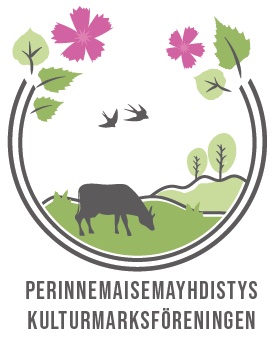
Perinnemaisemayhdistys ry.
Founded:
2002 (SW Finland Cultural Landscapes Association. Became National organisation 11.11.2019).
Members:
100
Biogeographical regions covered:
Boreal (Hemiboreal, Middle Boreal, North Boreal)
Main activities:
- Information dissemination about semi-natural grasslands
- Manage semi-natural grassland sites (currently 2)
- Develop policy recommendations for semi-natural grasslands
- Organize projects, seminars, on-site meadow events
- Offer education and expertise to farmers, associations and others and participate in national and region conservation panels
Collaboration:
- Prior collaboration with Sweden, Norway, Estonia, Latvia, Lithuania
- Networks:
- Finnish Ministry of Environment’s advisory group for updating inventories of traditional rural biotopes
- PerinneElo: Grassland Group of the Finnish Board on Ecological Restoration (ongoing)
- SW Finland regional working group on traditional rural biotopes
- Nordiska Kulturlandskaps förbundet
- Nordic pollinators network (Pölyttäjäverkosto)
“Cultural Landscapes Association, Finland is a non-profit organisation open to everyone interested in conservation of Finland’s cultural landscapes.”
The most important goal of our organisation is to support and advance management of the semi-natural meadows and grazed woodlands. We are not a museum organisation but part of living, breathing, and productive farming! We provide information, organise trips and provide training and expertise to farmers, associations and other actors involved with management of Finland’s diverse and biodiversity-rich cultural landscapes. We cooperate with like-minded people through international projects, and we manage two sites:
1) ‘Kotiniitty’ meadow (literally, ‘home meadow’) in Halikko, Salo. Kotiniitty is grazed, but we also clear brush and fell trees to restore and maintain the habitat.
2) ‘Rekijokilaakso’ meadow (literally, ‘Reki river valley meadow’). We hand mow a small area in the beautiful Rekijoki Valley, a Natura 2000 area in SW Finland. The surrounding area is grazed by cattle, but we mow this site because mowed meadows are relatively rare in Finland, and this site has previously been used for research comparing the effects of grazing vs. mowing on the meadow plant community.
We receive agricultural support payment for this work, which is conducted on a voluntary basis (occasionally, we have paid an entrepreneur to carry out the mowing). We have managed these sites for two decades already!
Further information
Homepage link (Website) / English
SICONA
Founded:
1989
Members:
40
Biogeographical regions covered:
Atlantic, Continental
Collaboration with farmers:
380 per year
Main activities:
- Nature conservation & biodiversity/species protection
- Preservation of cultural and traditional natural landscapes
- Protecting cultural and natural values in the region
Collaboration:
- with European countries: Belgium, Germany, France, Switzerland, Austria, France, Italy, Lithuania, Netherlands, Romania, Spain
SICONA
The SICONA-Sud-Ouest Syndicate for Nature Conservation is an association of 21 communities situated in the southwest of Luxembourg for more than 30 years. Together with its partner syndicate SICONA-Centre, which regroups another 22 communities in the central and central western part of Luxembourg, SICONA englobes almost a third of the country’s surface area and is the largest nature conservation organisation of its kind in Luxembourg. The principal missions of the syndicates are the conservation and restoration of species and their natural habitats through applied conservation measures as well as awareness raising campaigns aimed at public stakeholders, private landowners, and the general public.
Projects are carried out by a joint force of negotiators and planners, scientists and technicians, pedagogues, and technical maintenance staff. As such, SICONA can ensure the practical implementation of nature conservation projects from the planning phase to their execution, including scientific supervision and monitoring as required, and also group all the know-how needed for awareness raising campaigns under one roof.
SICONA ensures the maintenance and restoration of grasslands, orchards, hedges, and wetlands owned or administered by its member-communes., Another important part of their work are projects in direct cooperation with private landowners and particularly farmers. The cooperation with farmers and other private landowners provides locations for the creation of new habitat structures such as ponds, delivers welcome assistance in the management of selected habitats, or enables the collection of valuable plant material for grassland restoration projects, another area of their expertise. A more recent project promotes the value of local farming activities as well as regional food chains for farmland biodiversity, and forges direct links between nature conservation, agriculture and (the kitchens of) public institutions. This project is highly successful and about to be implemented on a nation-wide scale.
SICONA puts great emphasis on sharing knowledge through articles, conferences, and workshops, which enables the exchange of experience with both national and international partners.
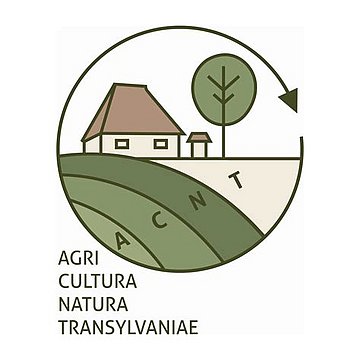
Agri Cultura Natura Transylvaniae
Founded:
2016
Biogeographical regions covered:
Alpine:
Collaboration with farmers:
300 per year
Main activities:
- Contributing to a more nature-inclusive farming system
- Supporting farmers in responsible & sustainable farming
- Protecting cultural and natural values in the region
Collaboration:
- with European countries: Germany, France, Italy, Lithuania, Netherlands, Romania, Spain
The main goal of Agri-Cultura-Natura Transylvaniae Association (ACNT) is to support the preservation and development of the many cultural and natural treasures of village life in Transylvania, Romania. As a non-for-profit and non-governmental organisation it provides professional advisory services to village dwellers in the fields of farming, nature conservation and building. The geographical area is in the Eastern Carpathians of Transylvania in Central Romania. ACNT organises trainings and study visits for farmers on different aspects of nature friendly farming. Topics range from milk hygiene through agroforestry to animal welfare. ACNT sets up a regional association for organic farmers already counting more than 150 members.
The organisation also helps farmers with trainings on cheese production to add value to their raw milk of extraordinary quality (hay milk). ACNT works closely with municipalities, nature conservation organisations and authorities responsible for the implementation of Natura 2000 and the Common Agricultural Policy (CAP).
ACNT was founded in December 2016 to provide a clear division of activities from the Pogány-havas Regional Association (PHA). ACNT is the successor of many activities carried out by PHA from farm advisory to nature conservation. PHA was the partner organisation of Landcare Germany in a two-year project to discover how the Landcare approach could be implemented in Romania.
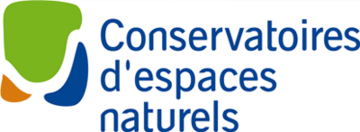
Conservatoire d'espaces naturels
Founded:
1989
National structure:
Umbrella organisation with 23 member organisations and 8000 members
Biogeographical regions covered:
Atlantic, Continental, Alpine, Mediterranean
Collaboration with farmers:
1500 per year
Main activities:
- Nature conservation & biodiversity/species protection with grazing animals
- Preservation of cultural and traditional natural landscapes
- Protecting cultural and natural values in the region
Collaboration:
- with European countries: Germany, Italy, Luxembourg, Lithuania, Netherlands, Romania, Spain
The Fédération Conservatoires d’Espaces Naturels (FCEN) is the French umbrella organisation of all 23 Conservatoires d’Espaces Naturels (CENs) distributed all over France. Through a concerted approach and their territorial assets CENs have been helping to preserve the French natural heritage landscapes for over 40 years.
Grouped into a national Federation, the Metropolitan and Overseas Conservatoires sustainably manage a coherent and functional network of 3,700 natural sites covering 180,000 hectares.
The 23 CENs are non-profit organisations of public interest. From their origins, with the support of the State, Europe, local authorities, and private partners, they have become recognised as managers for the relevance of their action built on consultations as well as their sources of reference for their scientific and technical expertise. The CENs form partnerships and complementary relations between all biodiversity stakeholders coordinating territorial projects. Since 2009, the CENs have been recognised in law, by specific approval. CENs support the implementation of more than 250 Natura 2000 objectives’ documents (DOCOB) and work with about 1,500 farmers around France.
For over 20 years FCEN and the CENs have led many LIFE projects to conserve nature together with communities, farmers, and other stakeholders. As an umbrella organisation the Federation fosters exchange, offers advice for its members and carries out projects.
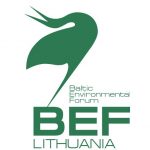
Baltic Environmental Forum Lithuania
Founded:
2003
Biogeographical regions covered:
Boreal, Continental
Collaboration with farmers:
200 per year
Main activities:
- Nature conservation & biodiversity/species protection
- Contributing to a more nature-inclusive farming system
- Foster exchange between farmers, conservationists, political stakeholders and landscape managers
Collaboration:
- with European countries: Latvia, Estonia, Belarus, Albania, Germany, Italy, Luxembourg, Lithuania, Netherlands, Romania, Spain, Poland, Ukraine, Hungary, Great Britain
The Baltic Environmental Forum Lithuania (BEF) is a nationally and internationally active non-governmental and non-profit organisation that carries out environmental activities. Today, the main areas of activity are biodiversity protection, agri-environment, rural development, nature tourism and sustainable development.
The organisation is assembled of experienced experts and young professionals and its credo - "nature shall be protected not from people but with people" - illustrates a strong emphasis on communities´ involvement in conservation work as well as the importance of addressing social and economic aspects as precondition for ensuring favourable conservation status of protected species and habitats. BEF LT has extensive experience in working on biodiversity conservation in agricultural landscapes. It is involved in practical conservation projects as well as scientific and political think-tanks focused on improving rural development and biodiversity conservation policies with regards to better performance in achieving biodiversity conservation goals.
BEF LT works with a variety of organisations, which share their values and beliefs that people can live in harmony with nature. Since 2006 BEF LT is a member of VivaSol, an association that promotes the survival and development of small farms, craftsmen, and other rural residents. Since 2010 BEF LT is a member of the International Aquatic Warbler Conservation Team, which takes care of the survival of the rarest European songbird. In 2017 they joined the European Forum on Nature Conservation and Pastoralism (EFNCP) to promote nature-friendly extensive farming and the Rewildening Europe network to make Europe more wild and natural.
Since 2018 BEF LT is involved in a 10-year LIFE Integrated project “Optimizing the management of Natura 2000 network in Lithuania” (LIFE IP PAF-NATURALIT), where it is one of the project partners acting in the field of agri-environmental measures,incl. testing a result-based scheme, and promotion of grazing activities to manage open habitats. This work involves constant cooperation with various stakeholders, including farmers.
BoerenNatuur
Founded:
2015
National structure:
Umbrella organisation with 40 member organisations
Biogeographical regions covered:
Atlantic
Collaboration with farmers:
90.000
Main activities:
- Nature conservation & biodiversity/species protection
- Contributing to a more nature-inclusive farming system
- Supporting farmers in responsible & sustainable farming
Collaboration:
- with European countries: Denmark, Sweden, Belgium, Poland, France, Hungary, Slovenia, Germany, Spain, UK, Italy, Finland, Romania, Luxembourg, Lithuania
BoerenNatuur (BN) is the Dutch national organisation that represents all farmer collectives in the Netherlands. Its 40 members execute the agri-environmental scheme (AES) at a landscape scale, while aiming to conserve nature in farmland and maintain the farmland landscape. Within these 40 collectives over 11,000 farmers are actively involved, managing more than 100,000 hectares of farmland in total. Yearly over € 70 million are invested in agricultural management. Its members range in size and management unit: some of them have landscapes with more open grassland, others with more open fields.
BoerenNatuur has two aims: (1) to support its members and represent their interests with EU and national policy makers involved in the agri-environmental scheme, and (2) to stimulate a more nature-inclusive farming system in the Netherlands. To reach these goals, BoerenNatuur and its members in the collectives work together with farmers, conservationists, nature conservation organisations, governmental organisations such as the provinces and the waterboards, and also with local communities. BoerenNatuur’s starting point is an area-based approach focusing on creating the right mosaic for the Natura 2000 species to be preserved. Therefore, BoerenNatuur needs to work together with many organisations. Many of the farmers they work with are based within or near Natura 2000 areas. BoerenNatuur and also its members in the provinces are involved in several projects that aim at conserving Natura 2000 and at the same time creating the right circumstances for the farmers to make a living from their farming activities within these areas.
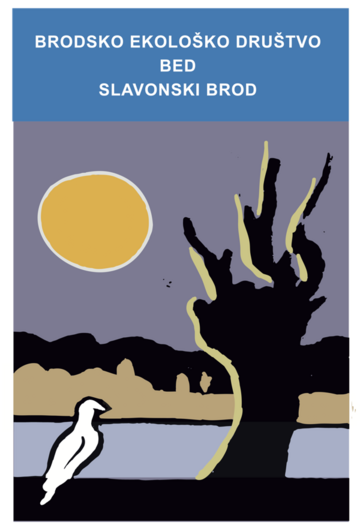
Brodsko ekološko društvo-BED
Brod Ecological Society-BED
Founded:
1989
National structure:
- Local grassroot organization
- Number of members 74
Biogeographical regions covered:
Continental
Collaboration with farmers:
>70
Main activities:
Programs / projects related to environmental protection and nature, and sustainable development
- Conservation and management of significant landscape Gajna
- Interpretation of nature protection
- Biodiversity and indigenous breeds of domestic animals
- Education activities in the environment and nature protection and sustainable development
Lobbying and advocacy in the field of environmental protection and nature
- Participation in working groups and bodies that influence legislation
- Directly commenting on the laws and regulations
- Networking at national and international level
The Commons and the mechanisms of direct democracy
- Community Conservation (ICCA)
- Coordinations Councils in protected areas and Pasturing Communities
Collaboration:
BED is a member of many international networks and initiatives on regional, European and on global level such as:
- European Forum on Nature Conservation and Pastoralism (EFNCP)
- Central and Eastern European Web for Biodiversity (CEEweb for Biodiversity)
- South East Europe Network for Energy and Transport (SEENet)
- European Livestock Breeds Ark and Rescue Net, Indigenous and Community Conserved Area Consortium (The ICCA Consortium)
- World Wetland Network (WWN), and SAVA PARKS network.
Brod Ecological Society-BED is local grass root organisation devoted to the survival of the protected common grassland Gajna in Croatia. It initiated its protection in 1989. and organized local population in a Pasturing community (in a form of a cooperative) in 2007, sharing their experience as old cattle breeds with its own herd. BED provides constant legal, organizational and financial aid in fighting the legal setup extremely unfavourable for the common governance. Apart from conservation activities and projects it engages in lobbying and advocacy on national level in a space connecting nature protection and agriculture. With a small professional and large volunteer team it works daily on a field, educates, restores nature and engages in legal battles for common grasslands and nature, civil society engagements, participation in protected areas and environment and climate issues.
BED is active in national networks and initiatives: Rural Development Network, Food Sovereignty Forum, Green Forum, Organization of Breeders of Podolian Cattle, local LEADER group Slavonian Plain. Members of BED present those networks in several national working groups, councils and boards in the field of nature protection and rural development.
Further information
Homepage link (Website)
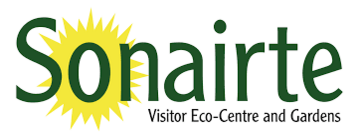
Sonairte – the National Ecology Centre
Founded:
1988
Biogeographical regions covered:
Atlantic
Main activities:
- Environmental charity
- Environmental advocacy and education, promoting organic and agroecological farming practices, biodiversity conservation, renewable energy and climate action
- Sonairte Visitor Eco Centre and Garden, open to the public, with Nature trail, vegetarian café, Eco Shop, Zero Waste station, Community spaces; veg bag delivery scheme
- Certified organic producer
- Courses and events programme
Collaboration:
- with European countries: Member of IFOAM EU; Member of TP Organics; Coordinator of Erasmus+ project CASK: Climate Aware Seasonal kitchen with Greek participant MAICH
- International cooperation. Part of Open Food Network
Sonairte’s Vision is to be a community hub, enabling people to live more sustainably to address the twin environmental crises the world currently faces - the climate crisis and the biodiversity crisis.
Our charitable purpose is:
- to provide education in all aspects of ecology
- to promote sustainable living through learning and cooperation
- to promote sustainable development
- to promote organic, ecological and sustainable farming practices
- to promote environmental awareness and nature conservation
- to promote appropriate and sustainable technologies
- to promote the use of genuinely renewable resources
- to promote intercultural exchange
- to promote reconciliation
- to promote fair trade
Further information
Homepage link (Website)
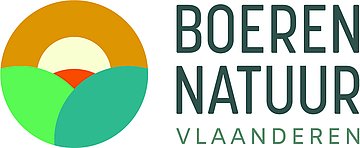
Boerennatuur Vlaanderen
Founded:
2012
National structure:
Umbrella organisation with 33 local farmers groups, involving 500 farmers as active members
Biogeographical regions covered:
Atlantic
Collaboration with farmers:
500
Main activities:
- Agrobiodiversity
- Landscape management
- Soil and water conservation
Collaboration:
- with European countries: Netherlands, France, Germany, UK, Ireland, Spain, Italy, Austria, Denmark, Sweden
Boerennatuur Vlaanderen is a non-profit organization dedicated to promoting sustainable agriculture and preserving the natural environment in Flanders, the Dutch-speaking region of Belgium. Originating within a project that started in 2008, the organization has been working for 15 years to support farmers in implementing environmentally friendly farming practices and to protect and restore natural habitats.
One of the primary goals of Boerennatuur Vlaanderen is to encourage farmers to adopt sustainable farming practices that deliver ecosystem services to society (such as landscape quality, biodiversity, water retention and climate mitigation), and are also economically viable. Through group facilitation, experimental development and technical assistance, the organization helps farmers to develop and implement more eco-friendly farming methods that improve soil health, reduce the use of chemical fertilizers and pesticides, conserve water resources, restore farmland biodiversity and improve landscape quality.
By facilitating the cooperation between farmers, social learning and spatial coordination of measures can be achieved, improving the impact at the landscape level. Boerennatuur currently assists more than 30 local farmer groups to realize synergies between farming and environment.
Further information
Voorstellingsbrochure Boerennatuur Vlaanderen (Download Brochure)
Homepage link (Website)

